In our series of interviews with Vice Presidents of CEJA – the European Council of Young Farmers – this month we speak to Jannes Maes from Belgium.
MF: How did you become involved in farming, and what type of farming are you involved in now?
JM: My childhood was spent on our family farm in Flanders, so I was surrounded by farming while I grew up. After learning the tools and skills of the trade at home, my passion for farming led to an education in agriculture. Following graduation, I started in the potato business for a while. Nowadays I work in milk production as herd manager on a dairy farm in Flanders.
MF: What drew you to the young farmers’ movement and why is it important?
JM: Our organisation for young farmers operates on a 3-pillar policy: education, representation and fun! My involvement started in the first and last of those pillars as part of an association in my local area. When I was 16, I went to their meetings with my older brother, who’s also a farmer. It was during my time at college that I really began to discover the importance of the 3rd pillar.
MF: How long have you been involved with CEJA, and what does your current role as CEJA Vice-President entail?
JM: I’ve been involved since 2015 when I began representing the Flemish young farmers within CEJA. Today, as one of four Vice-Presidents, I mainly focus on the environment/climate change and animal-based sectors, as well as assisting our President with some aspects of his role.
MF: As CEJA Vice-President what would you like to achieve?
JM: Aside from the policy changes we try to obtain as an organisation, I think it is very important that we, as a board, try to ensure that all young farmers across the European Union feel appropriately represented by CEJA. Specifically I think it is paramount that we reach an agreement on a strong position for the next Common Agricultural Policy during our term as it’s an incredibly important issue for the future of all aspects of agriculture.
MF: CEJA involves young farmers from different countries all over Europe. Do you all face the same issues in farming today, and what is the biggest challenge for European young farmers at the moment?
JM: Today we are faced with an economic crisis in farming, the like of which has never been seen before. Naturally that is an issue that is on the mind of every farmer right now. Nonetheless I think that, as a young farmers’ organisation, we have to be able to look to the future. Access to land and finance is one of the main problems which will need a structural solution for the future of farming. You can read more in our Manifesto.
MF: What role do young farmers in particular play in the agricultural industry?
JM: Young farmers are the most important group for developing the industry. We bring new ideas and fresh energy into the sector, as well as a youthful energy to keep the rural areas active and alive.
MF: How do you see the next few years panning out for agriculture in the EU?
JM: The key issue will be the need to solve the current crisis. In the spirit of “never waste a good crisis”, I believe that as a result, we as young famers, will evolve towards a more science- and research-based agricultural sector, with more regard for the economic situation on farms.
MF: What does the future for young farmers look like?
JM: In general I am afraid we won’t see an increase in the total number of young farmers in the near future. However, I do think that those young people who do decide to enter the sector will be the most innovative, educated and capable in the field. An increased number of them will bring even more people who, in turn, will bring new ideas and forms of farming.
MF: When you are no longer a young farmer, what would you like to look back on and say that you have achieved?
JM: On a personal level, I hope I will forever be a young farmer at heart. Professionally, I hope to achieve the farm that I dreamed of as a little boy, which is something I’m currently striving to accomplish. For this to happen it would need to be a farm that provides me with a decent income and one which allows me the time and flexibility to not only be a farmer, but also a brother/father/friend/husband at the same time.
MF: If you could give one message to the public about agriculture and young farmers, what would you say?
JM: Young farmers are combining research and high-technology advances with the more traditional aspects of farming. These are the things which will work together to create a very diverse farming landscape for the future.
If you would like to get in touch with Jannes Maes or CEJA, email allusers@ceja.eu
Go to: Massey Ferguson Global Facebook page
Go to: CEJA Young Farmers Facebook page

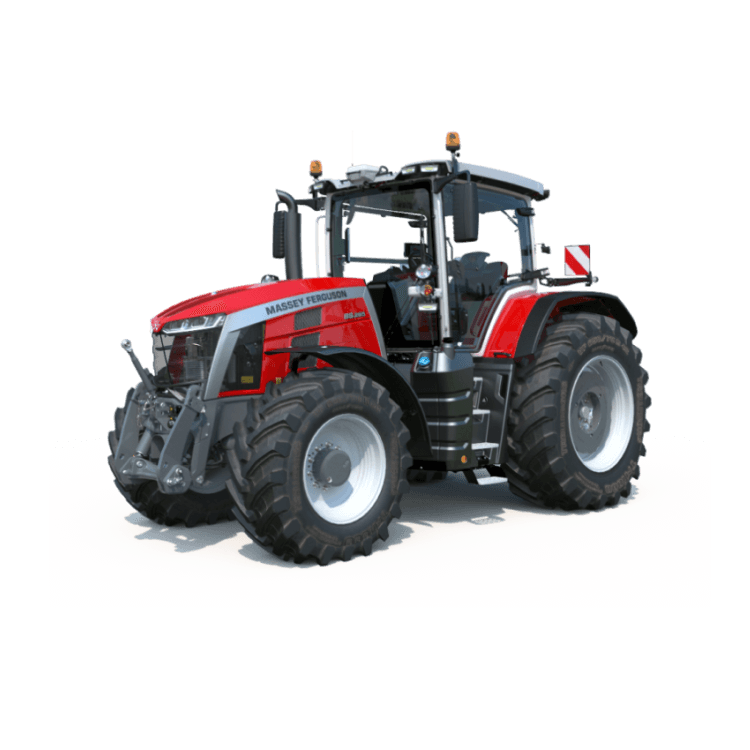
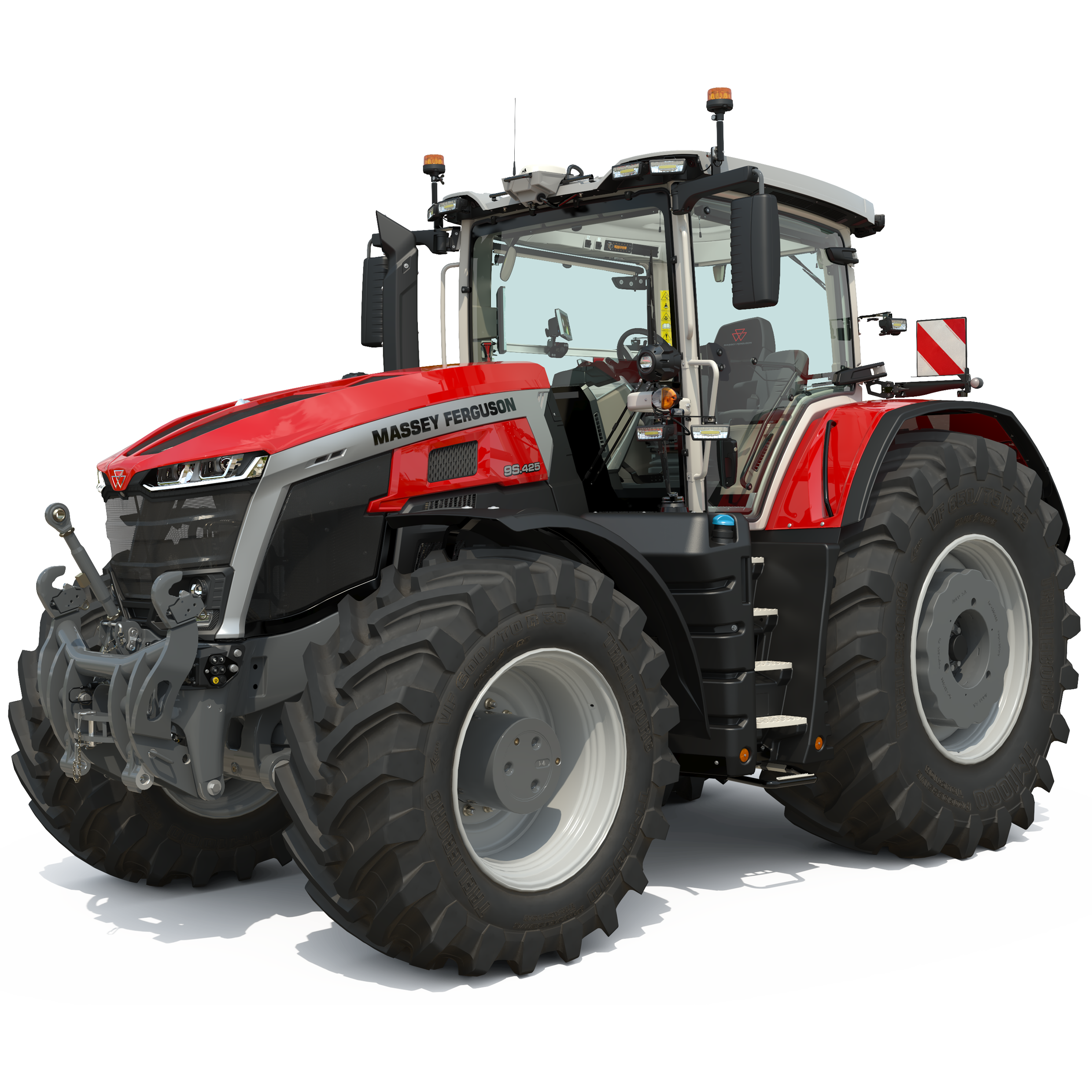
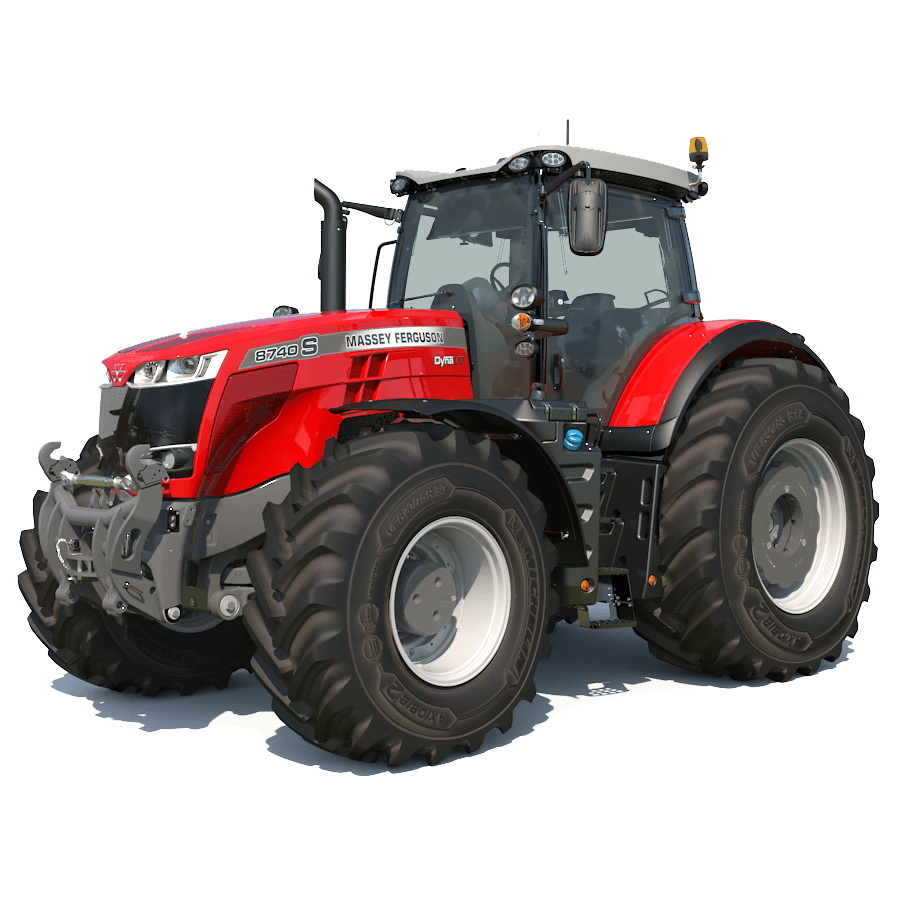
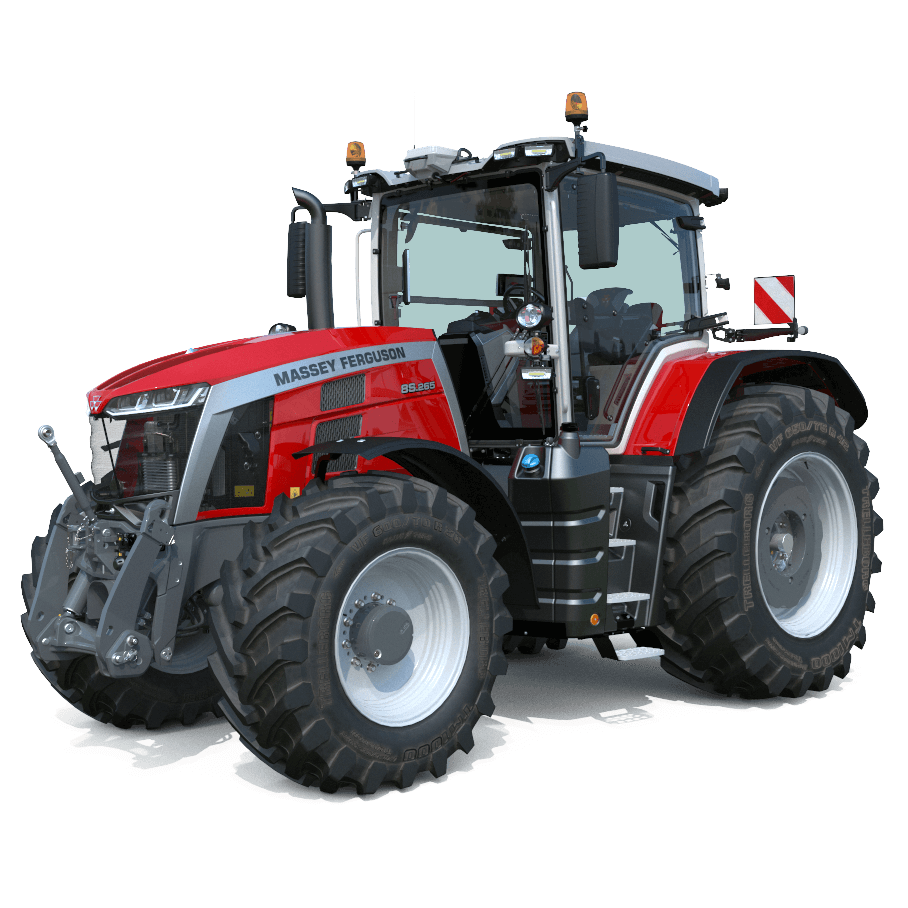
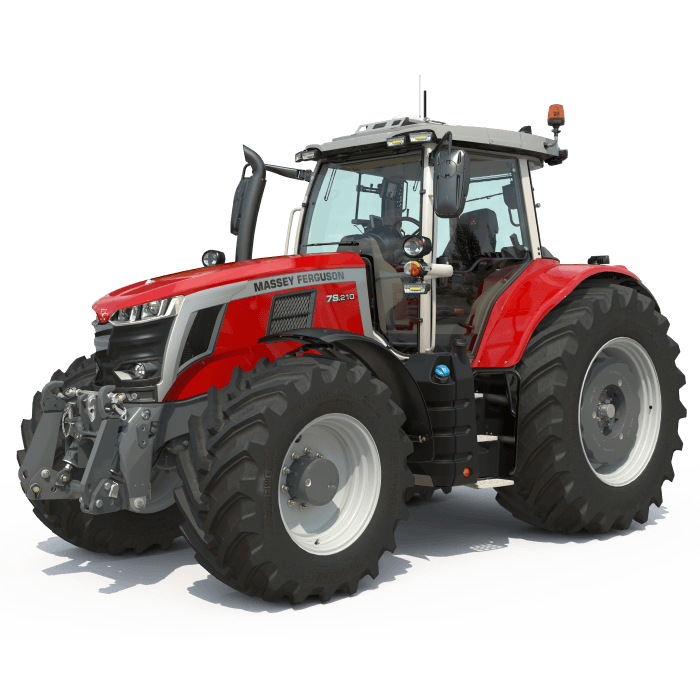
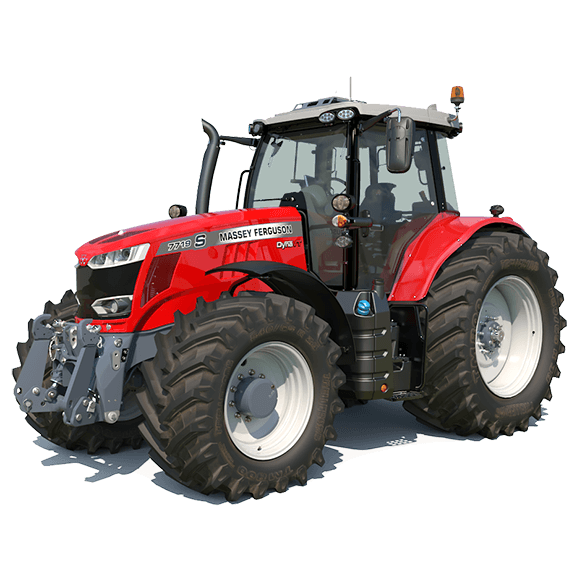
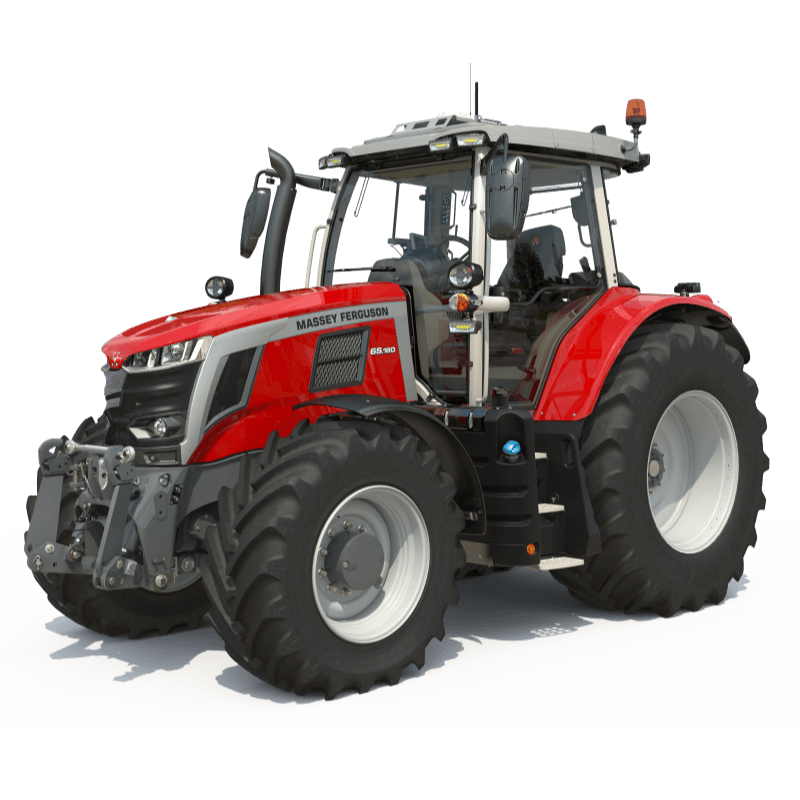
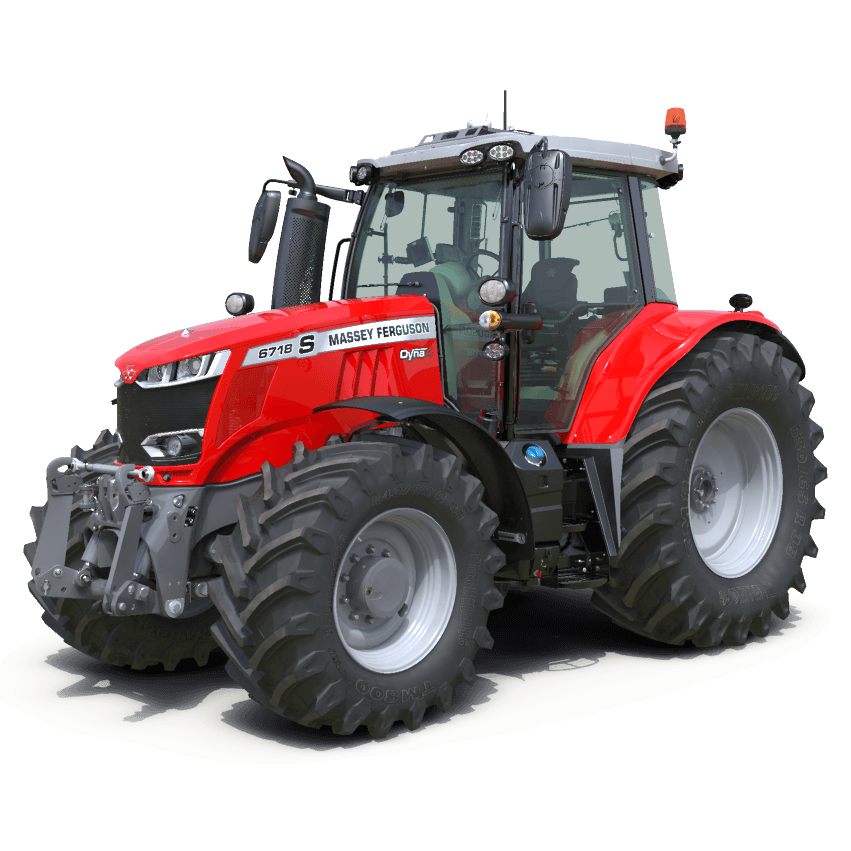
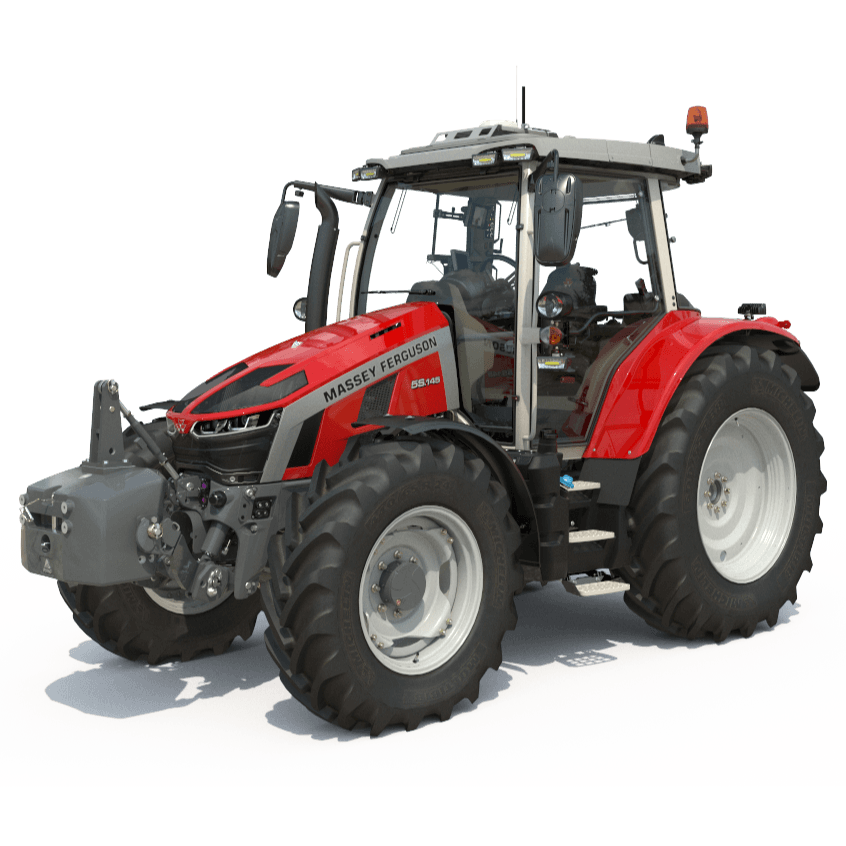
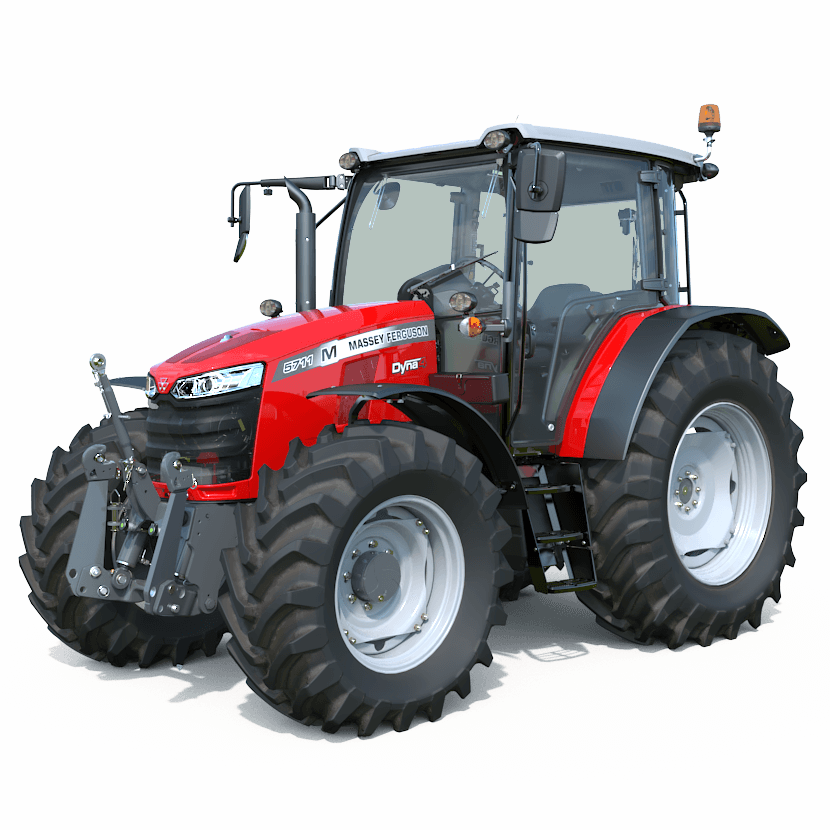
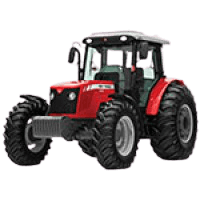
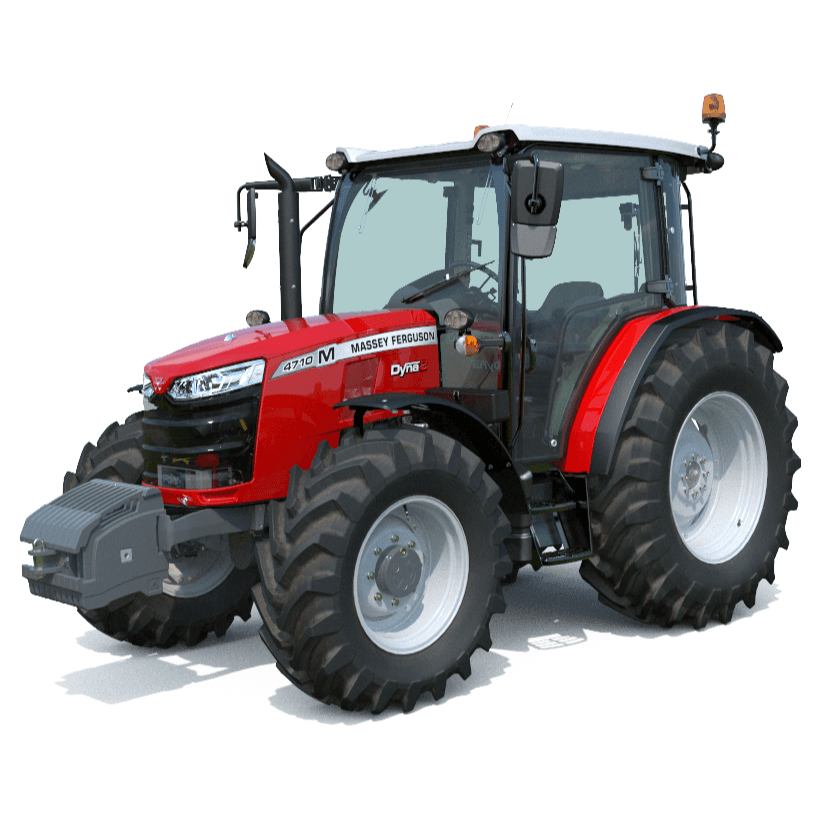
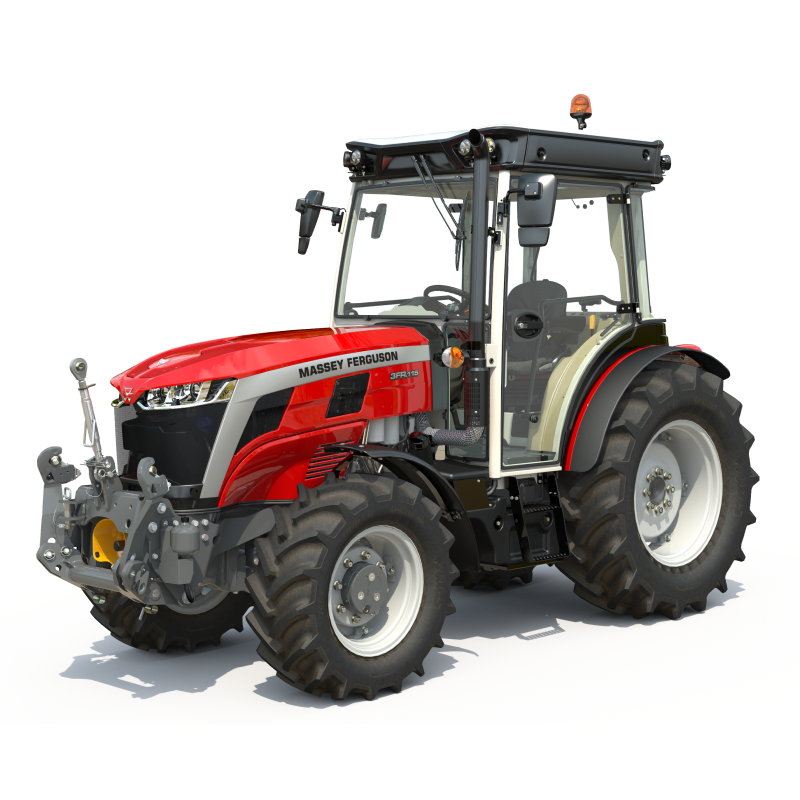
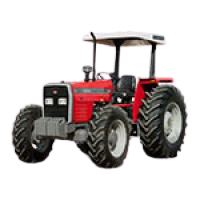
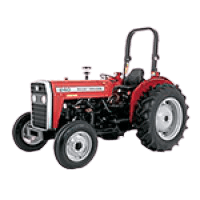
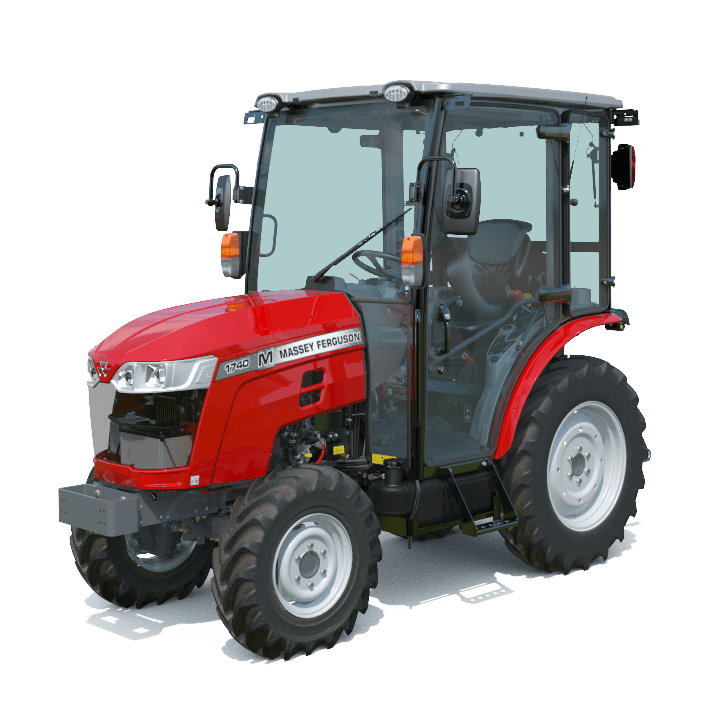
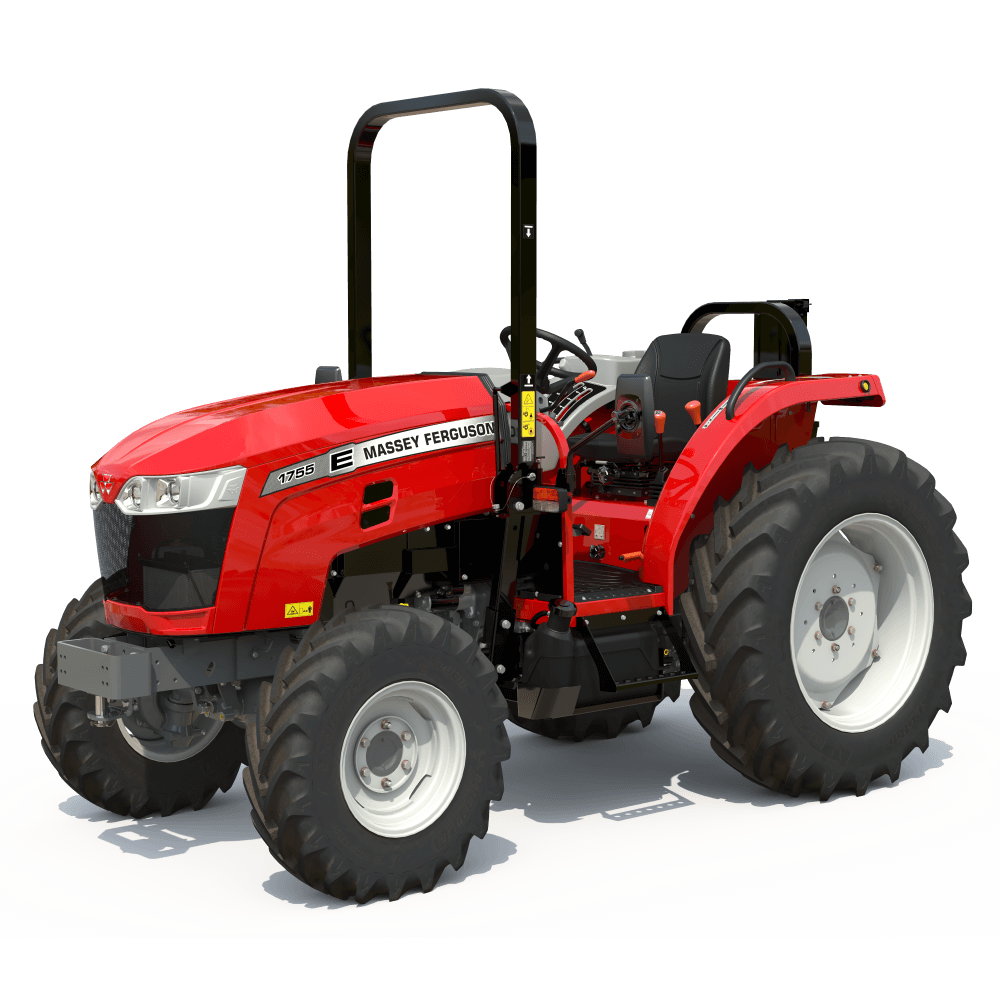

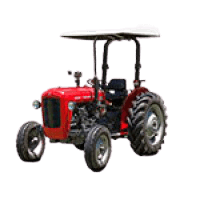
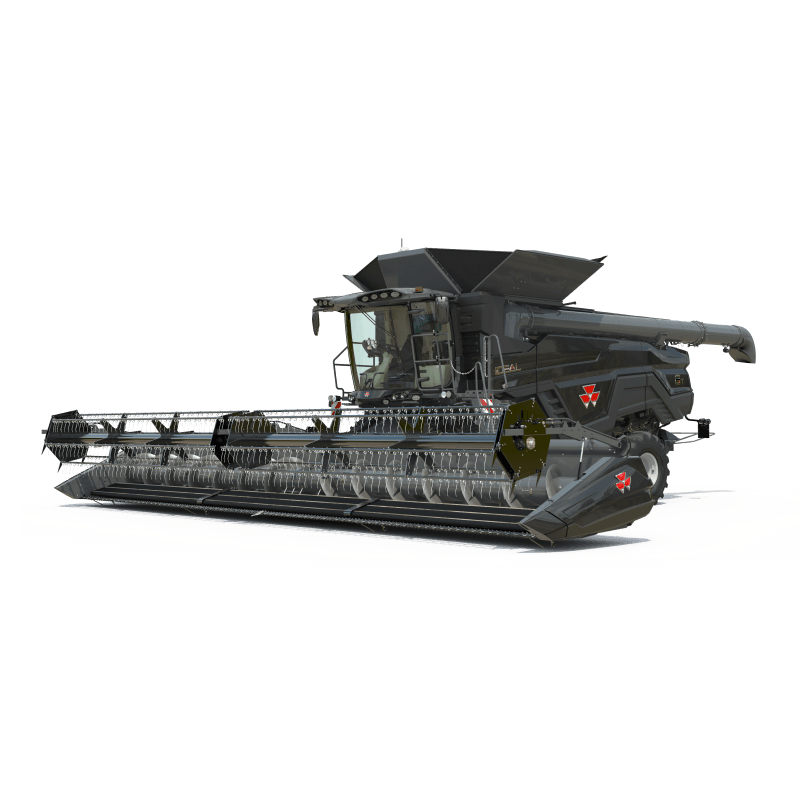
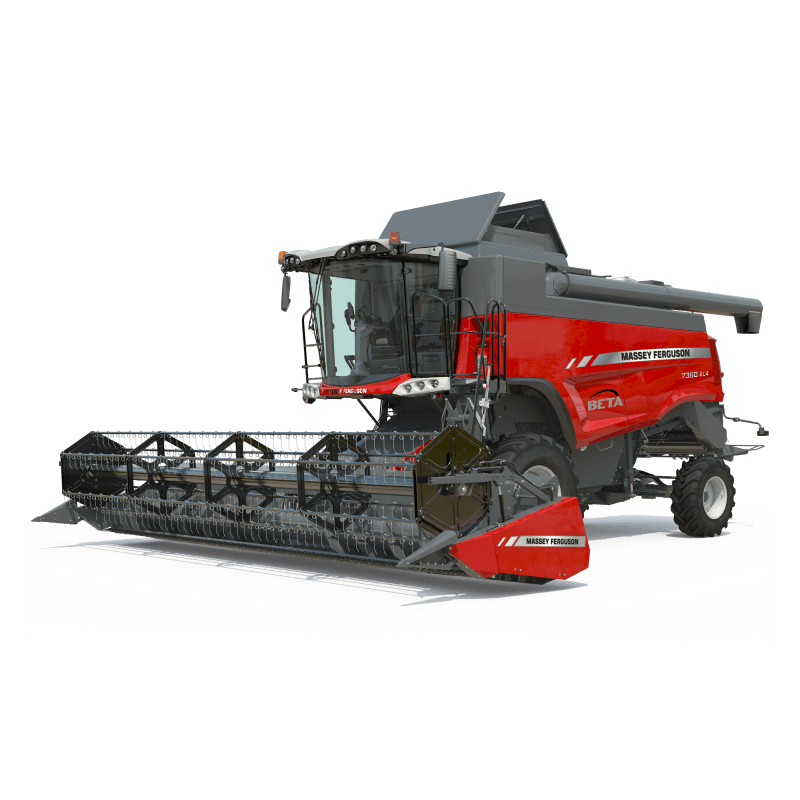
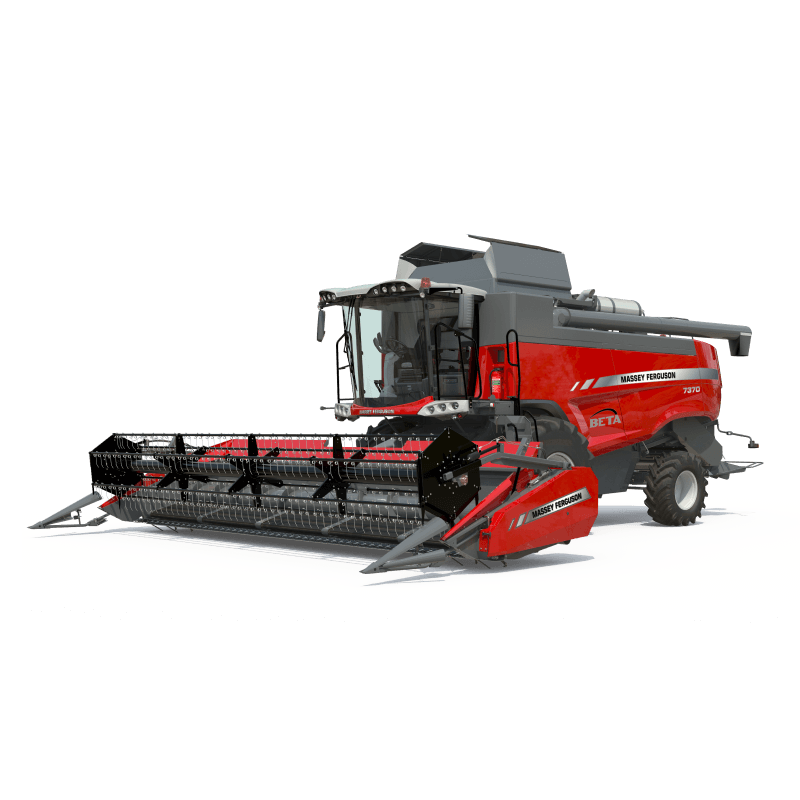
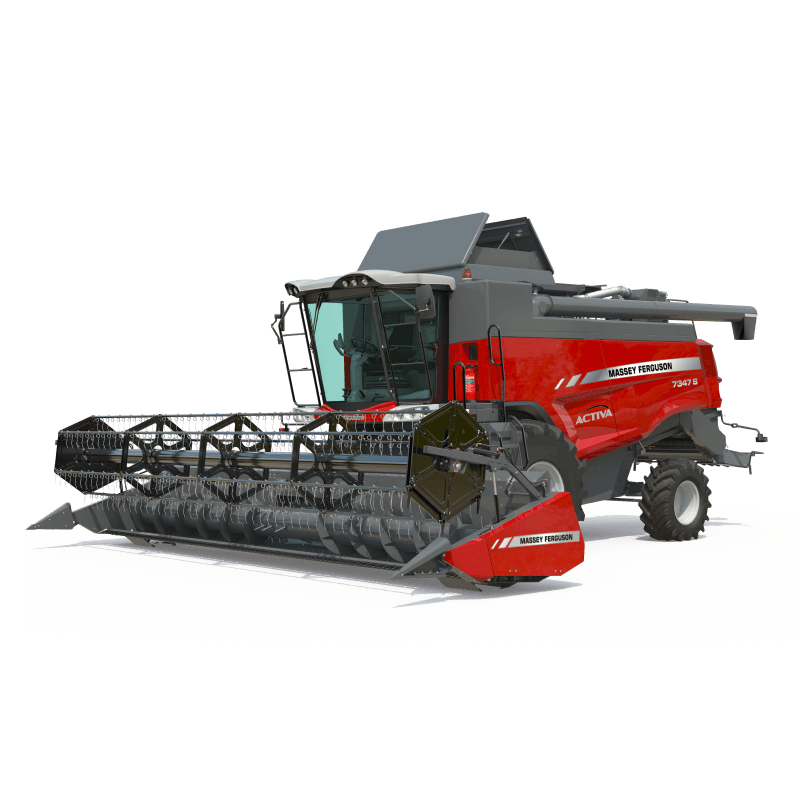
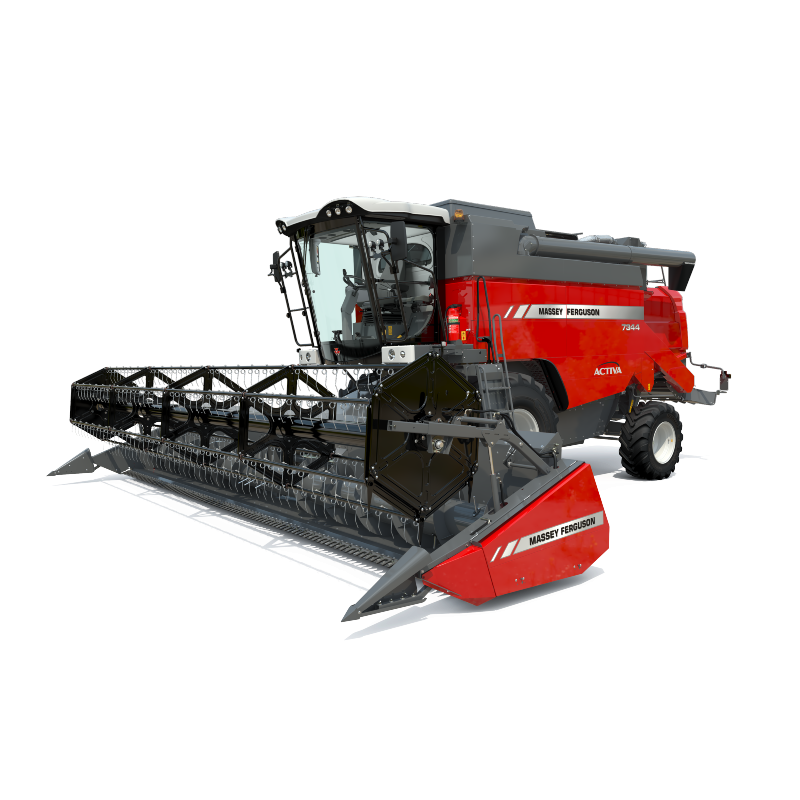
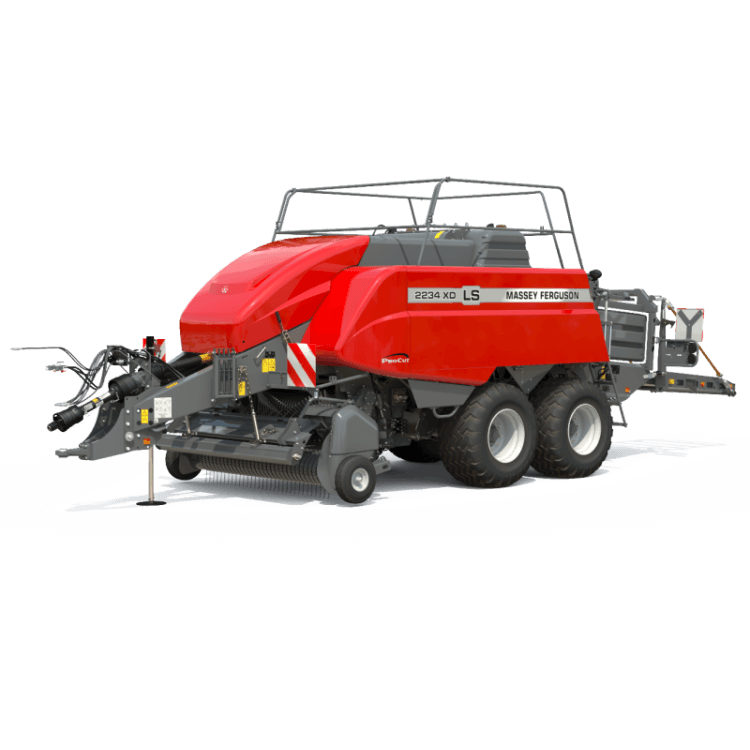
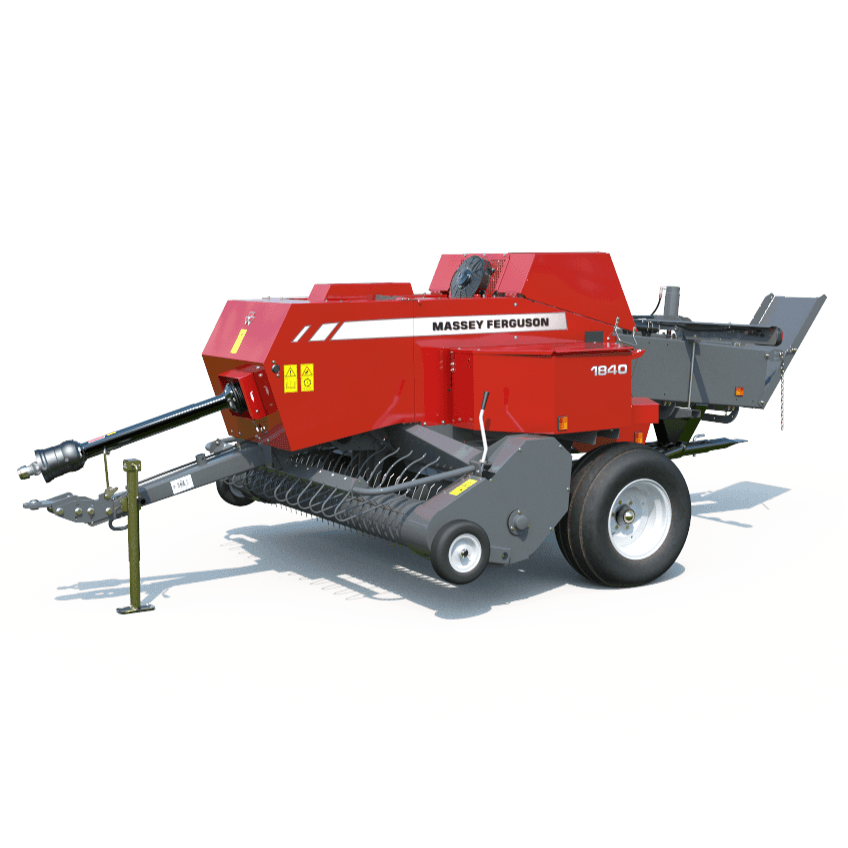
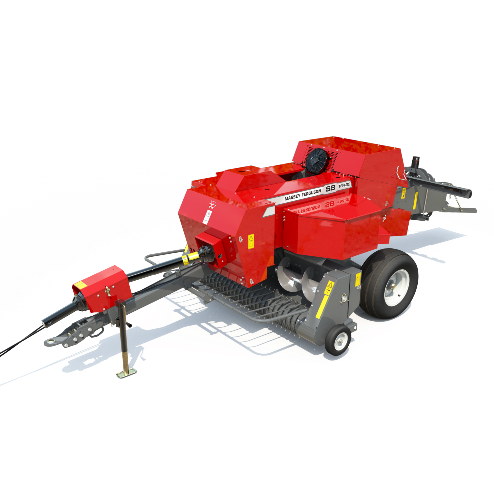
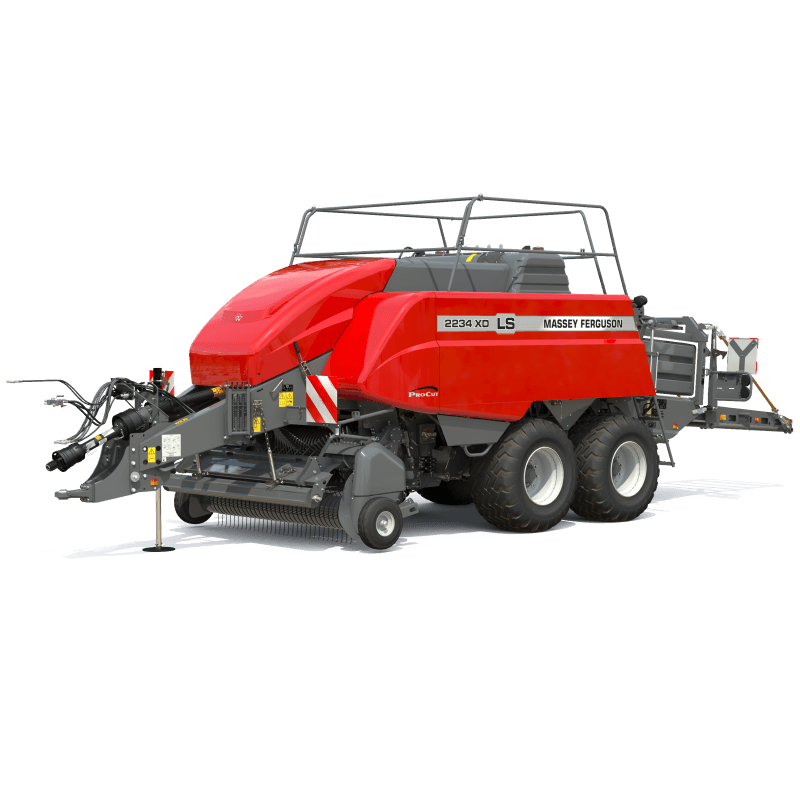
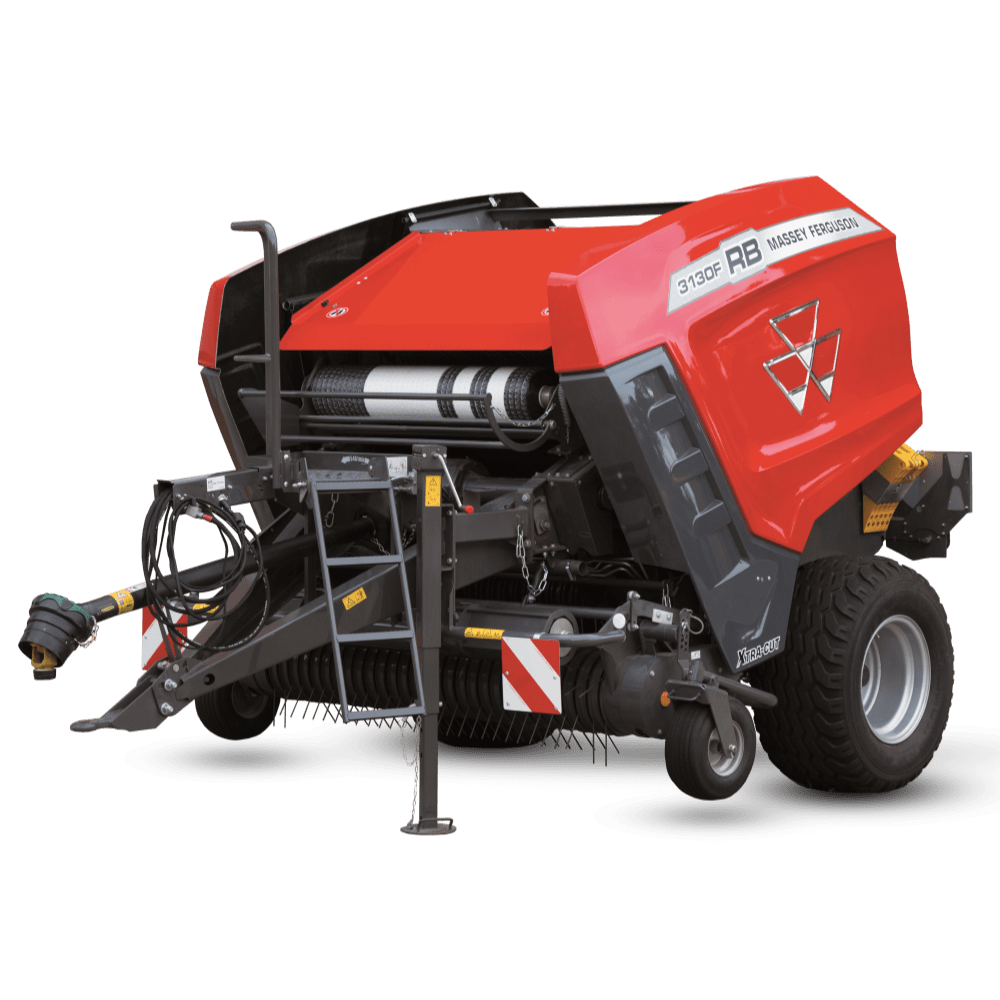
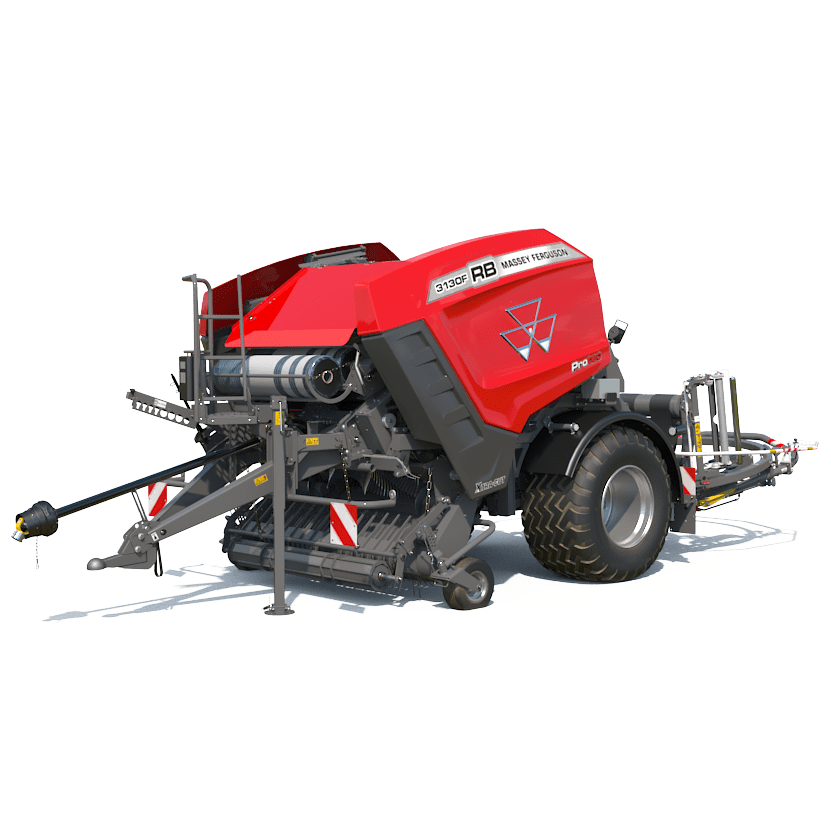
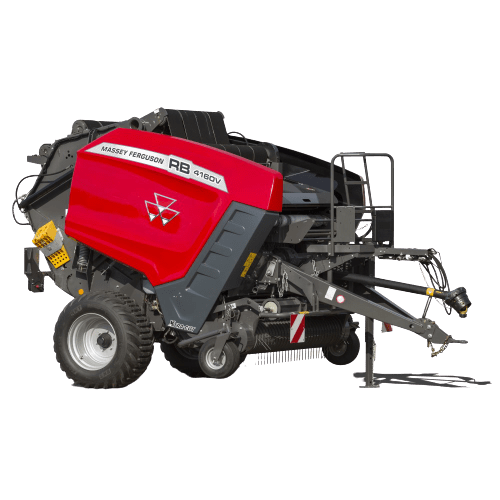
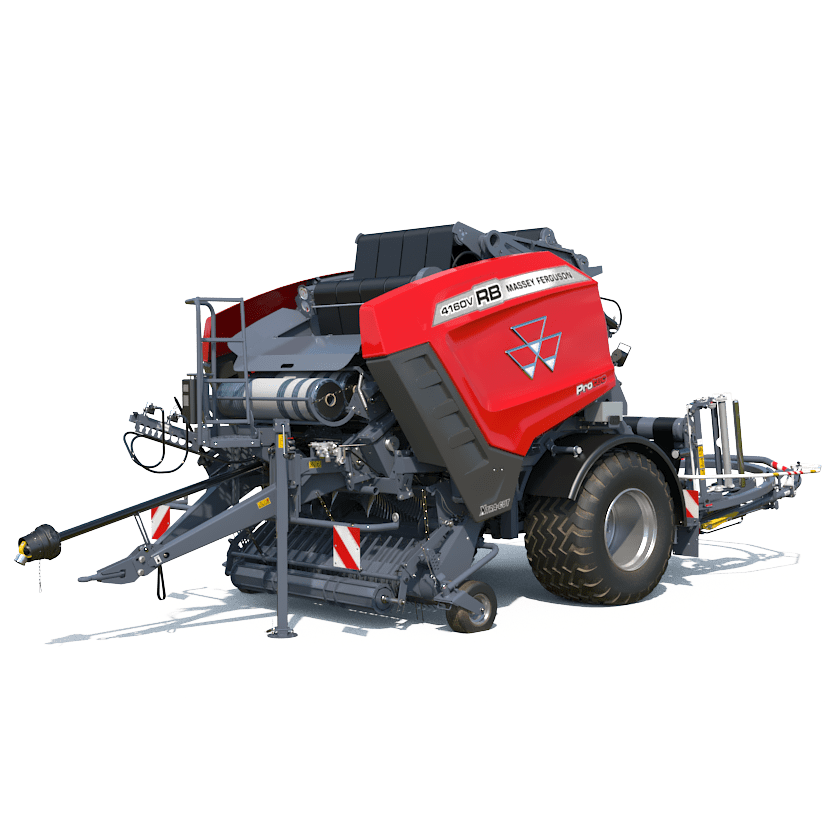
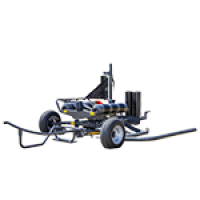
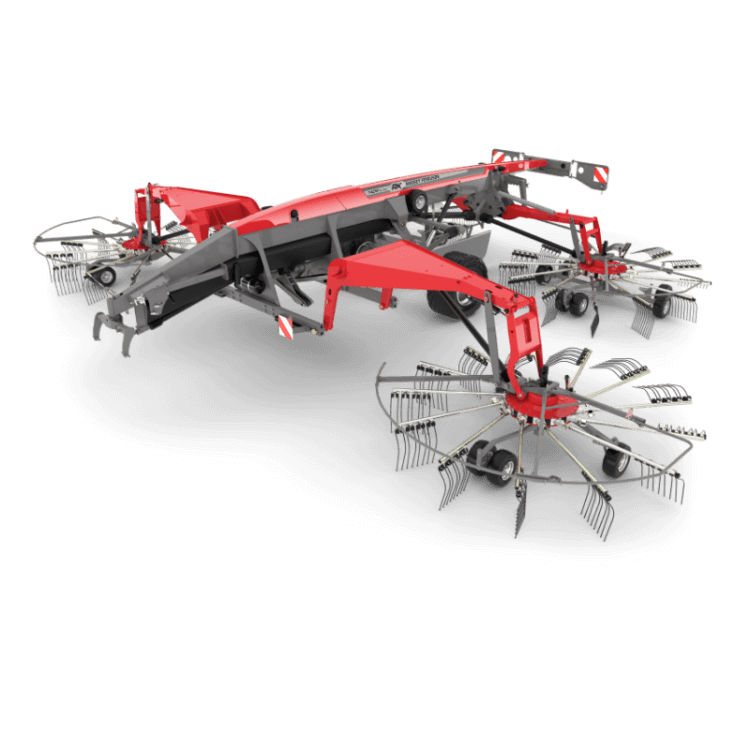
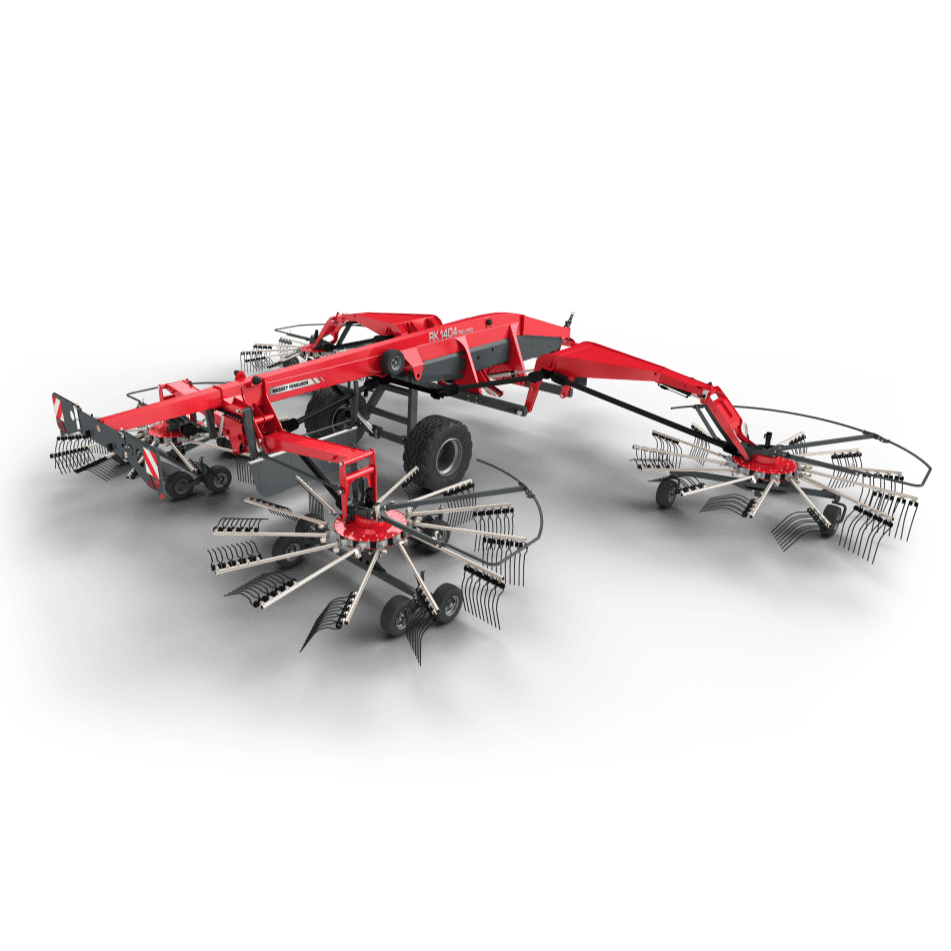
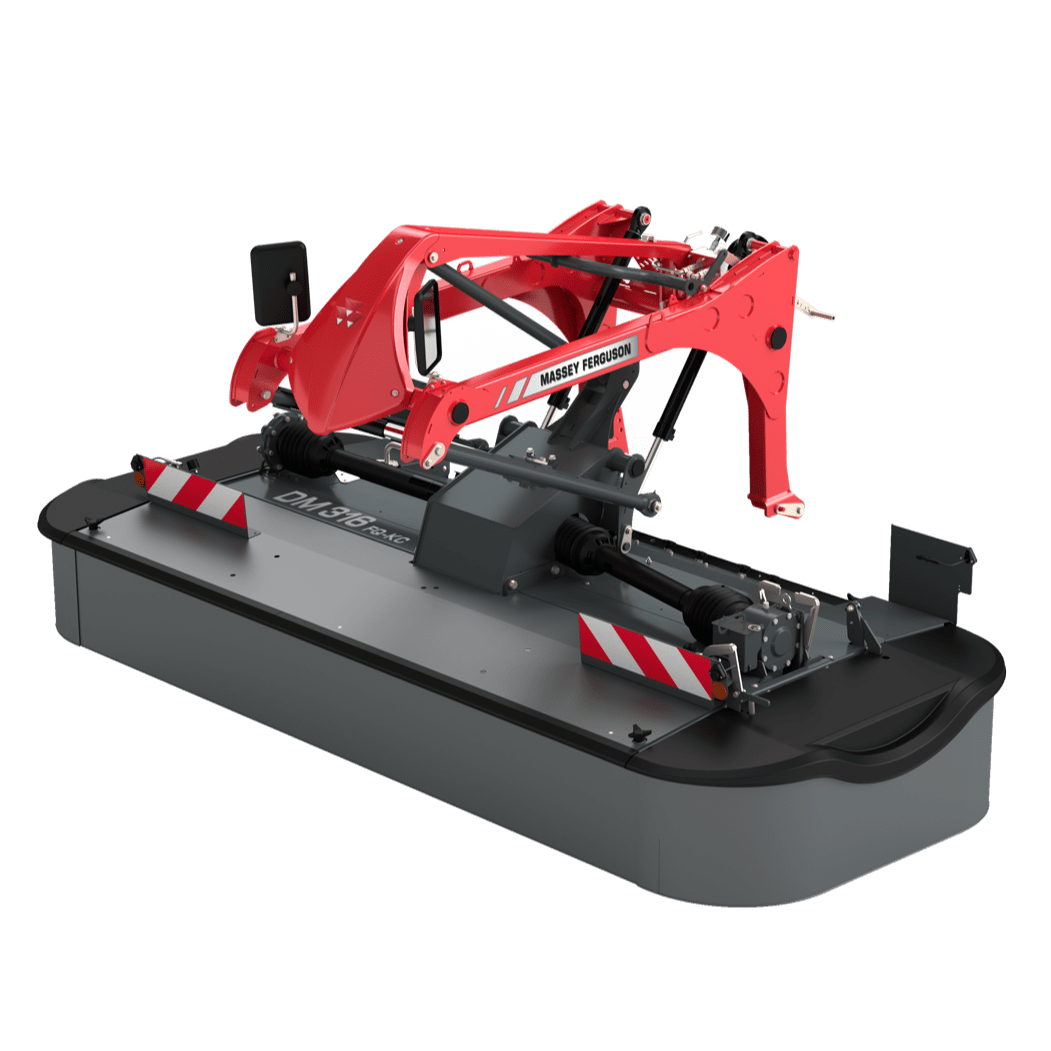
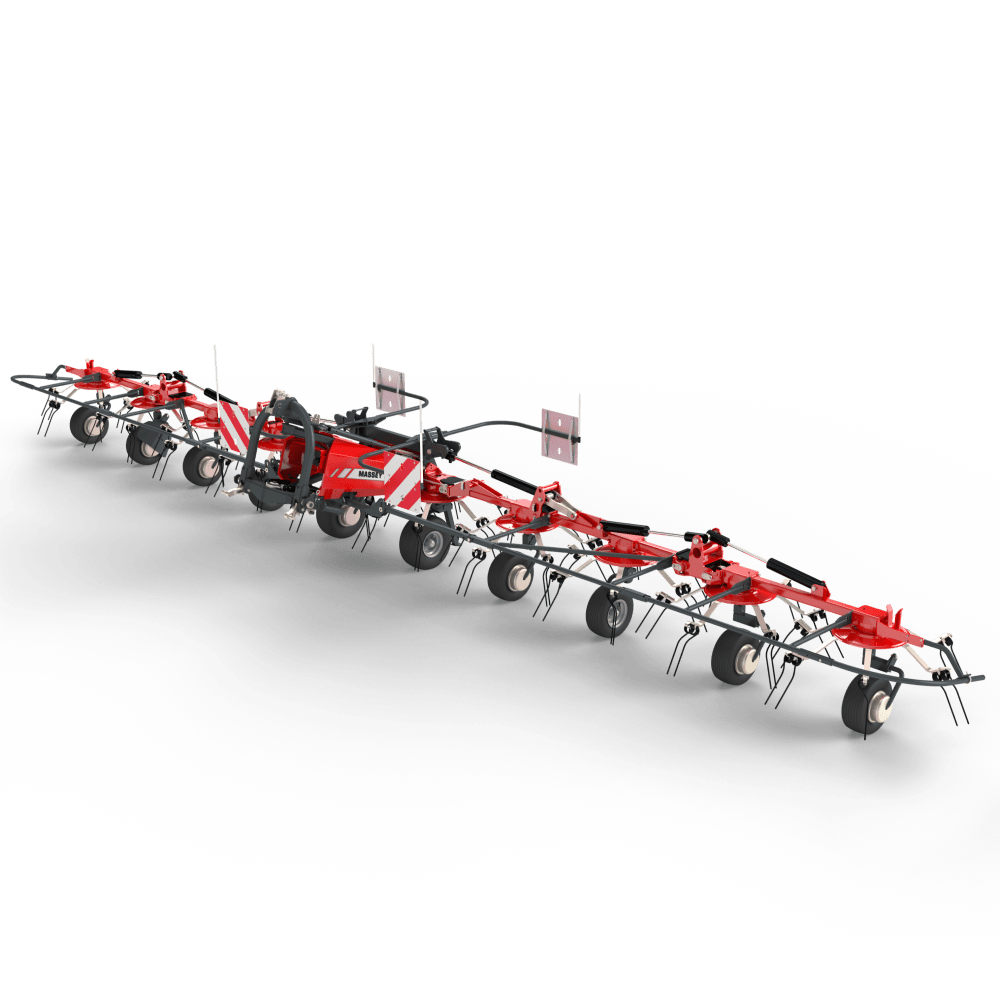
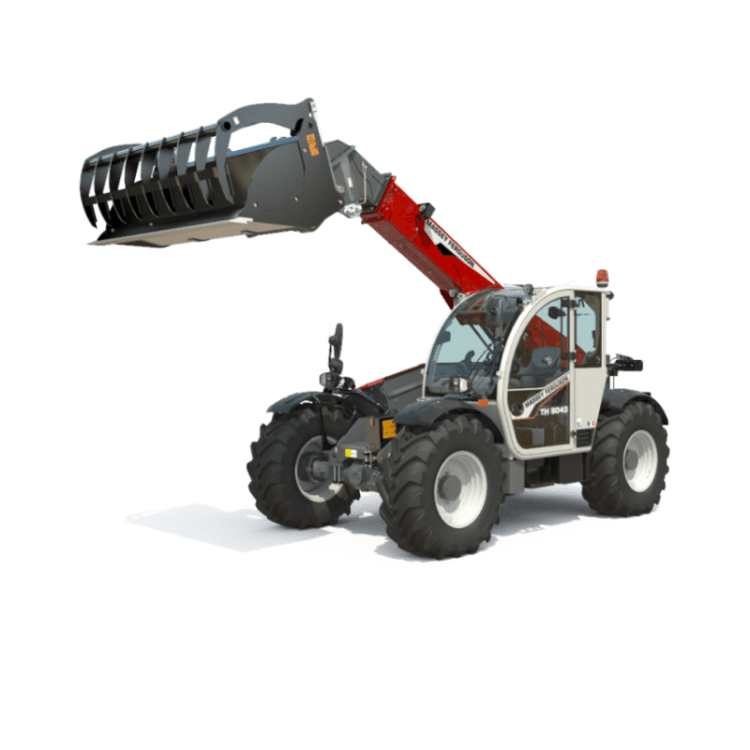
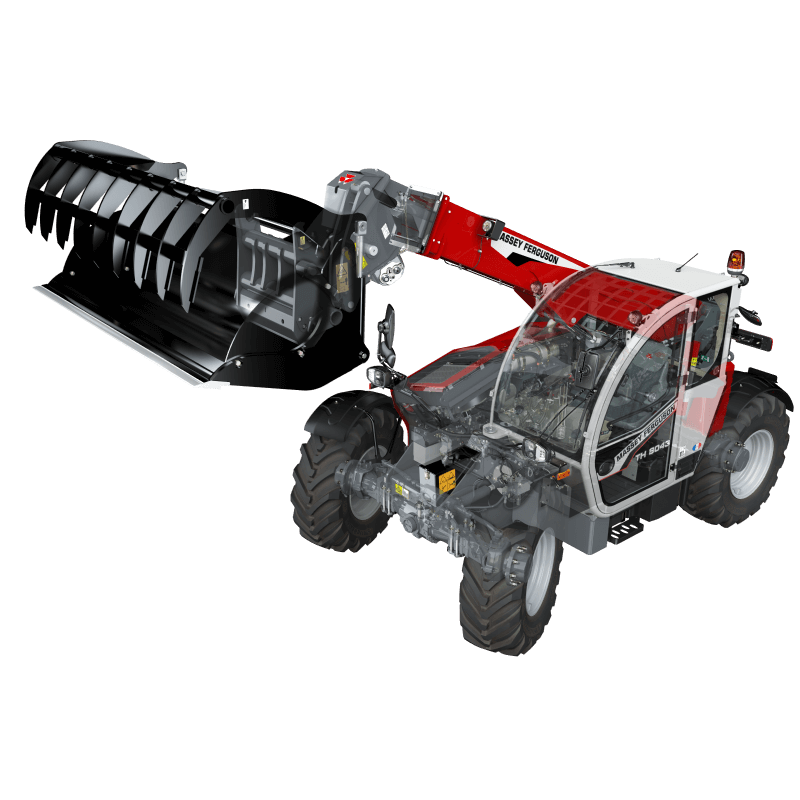
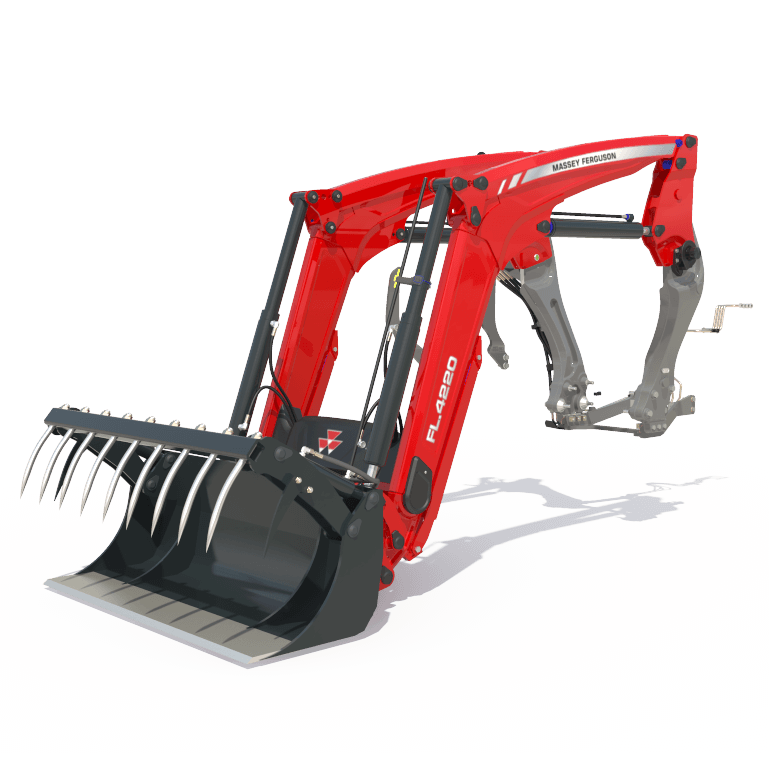
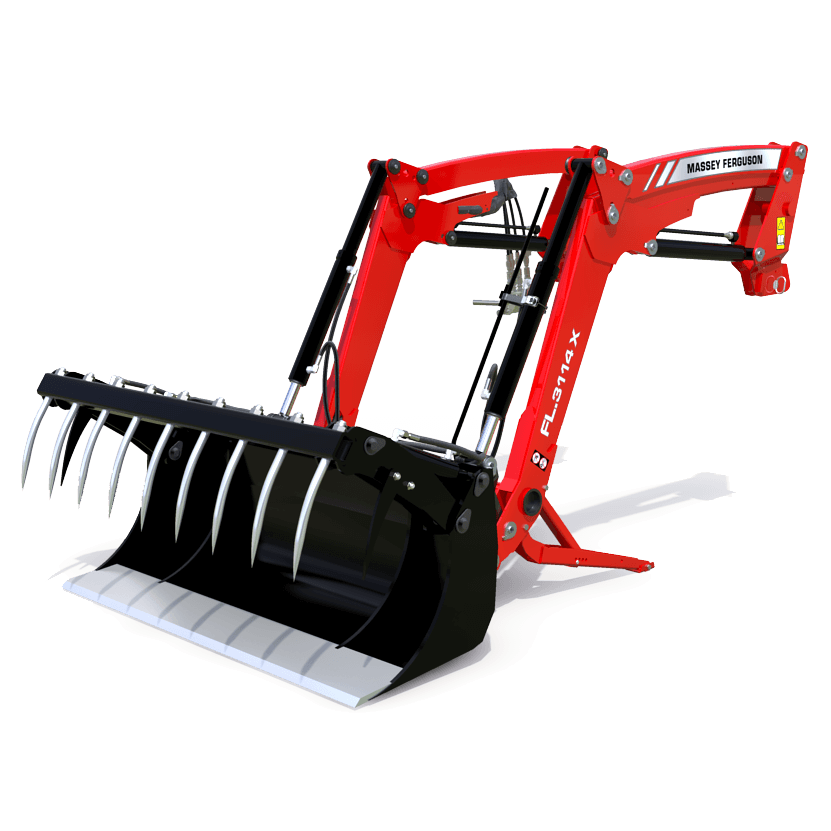
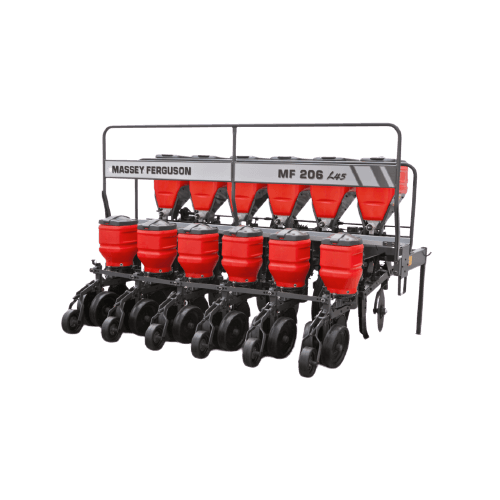
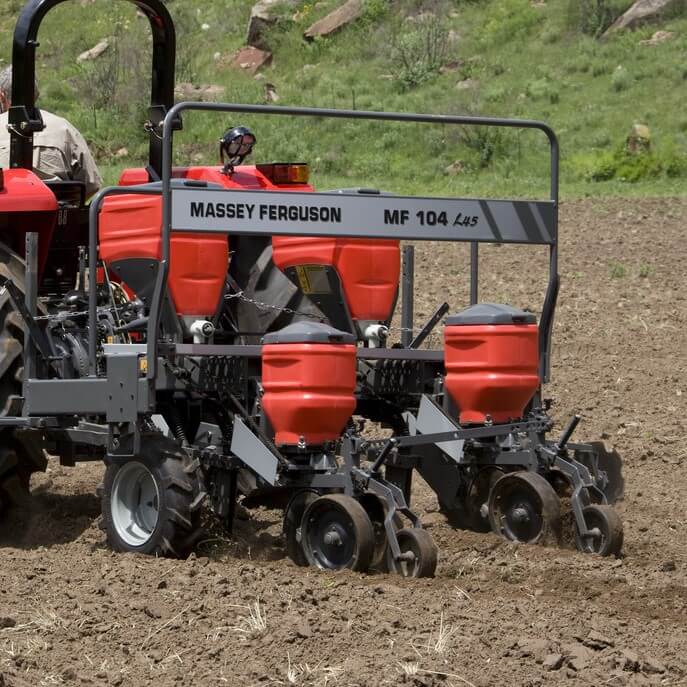
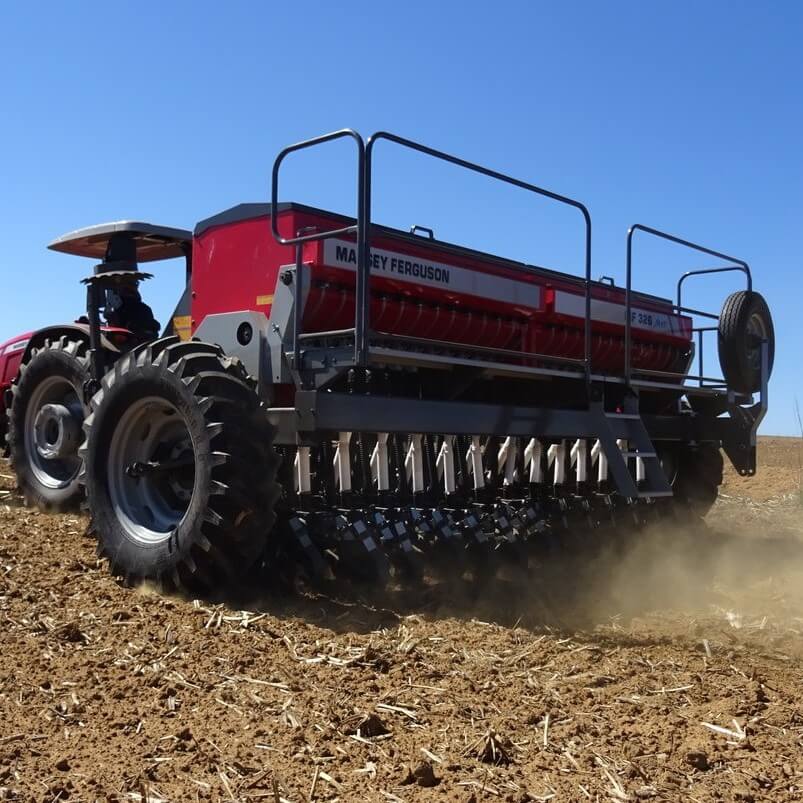
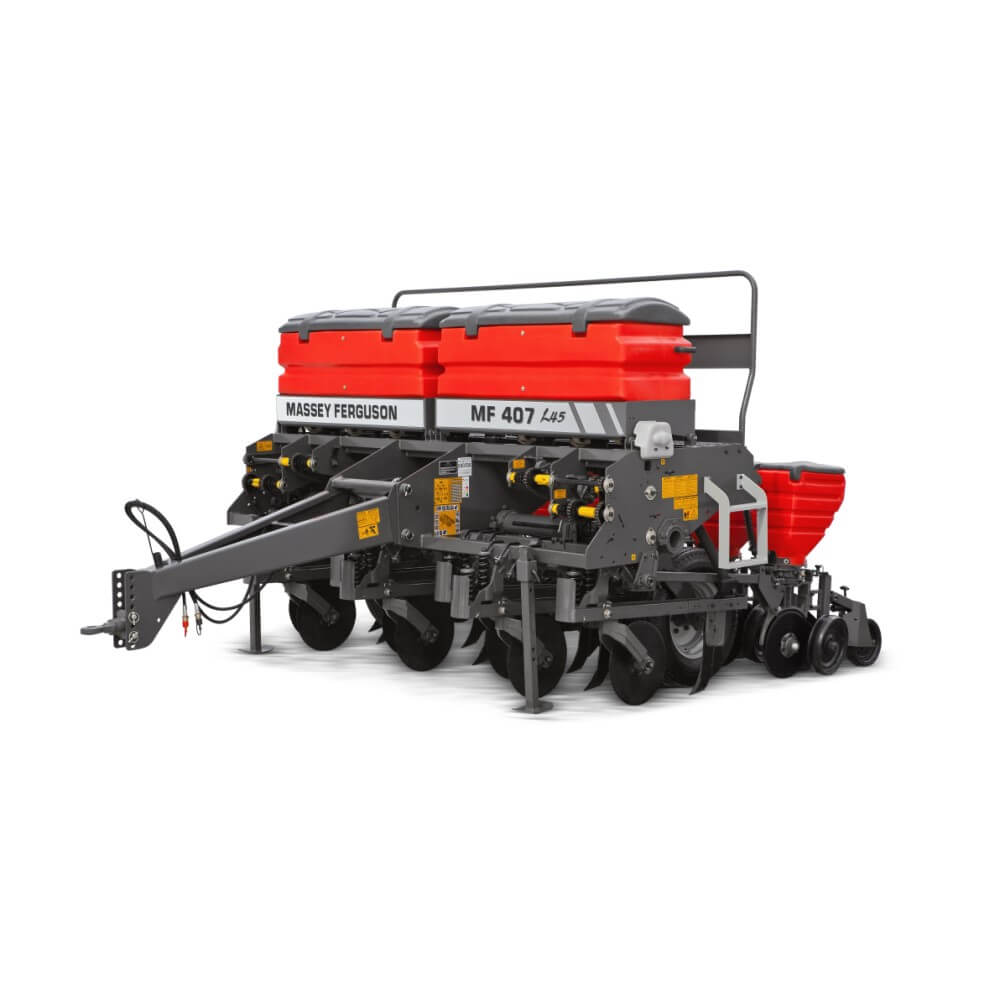
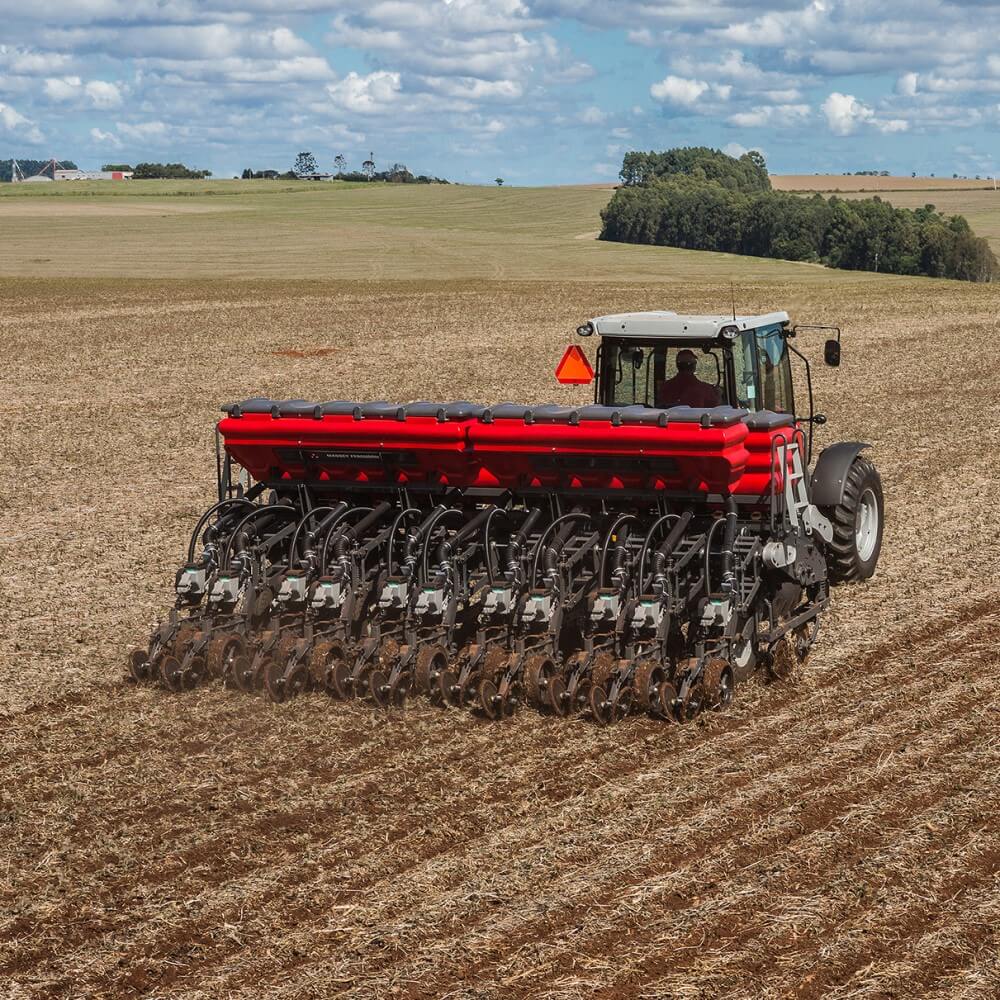
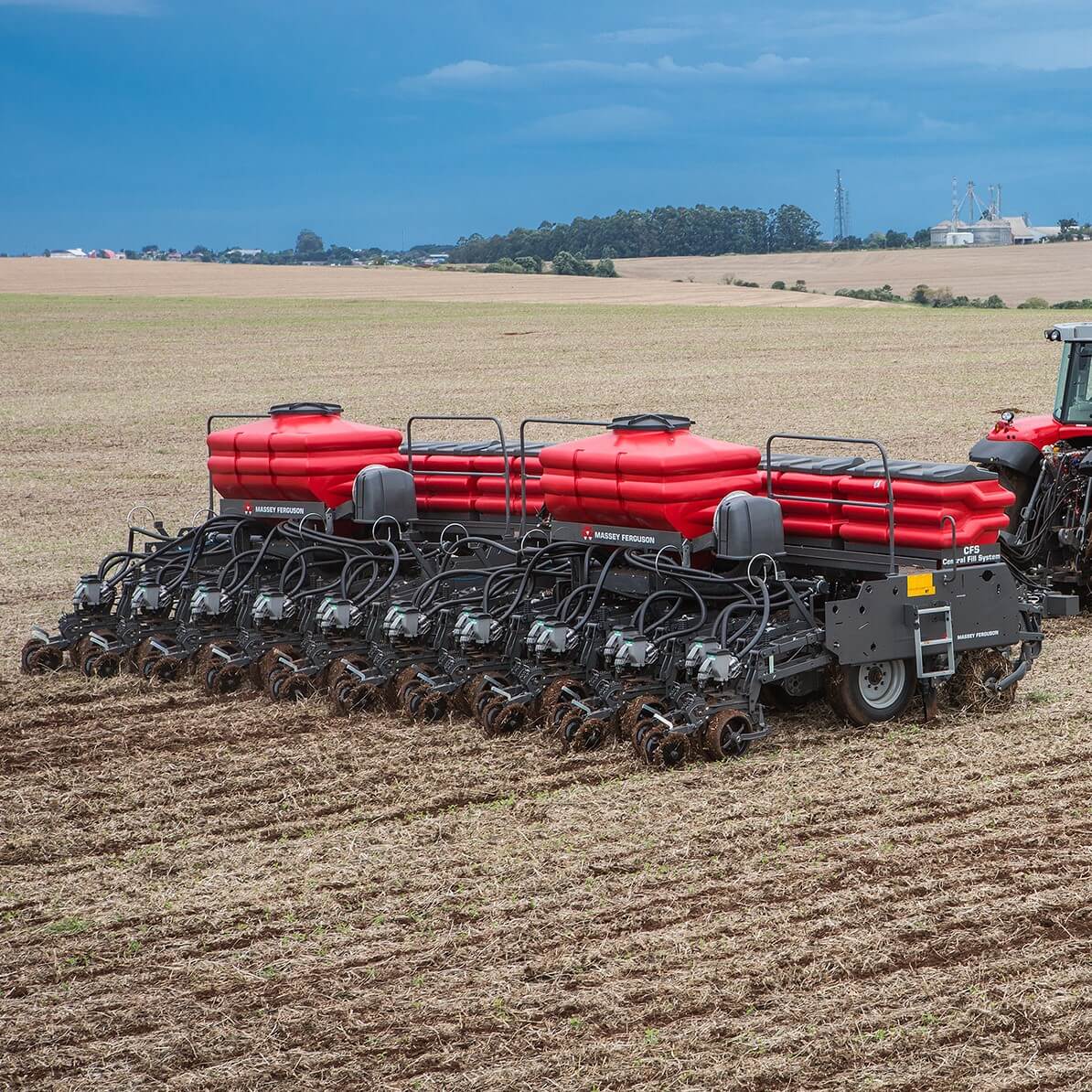
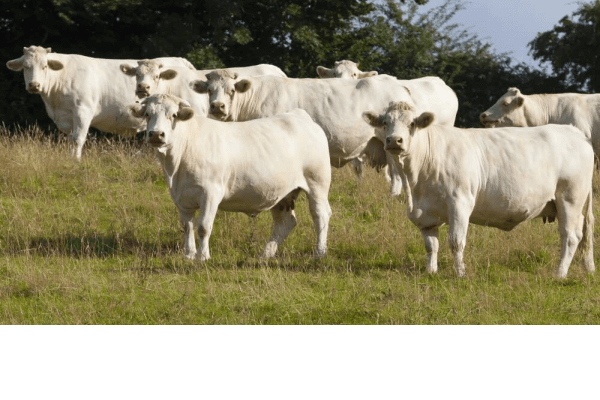
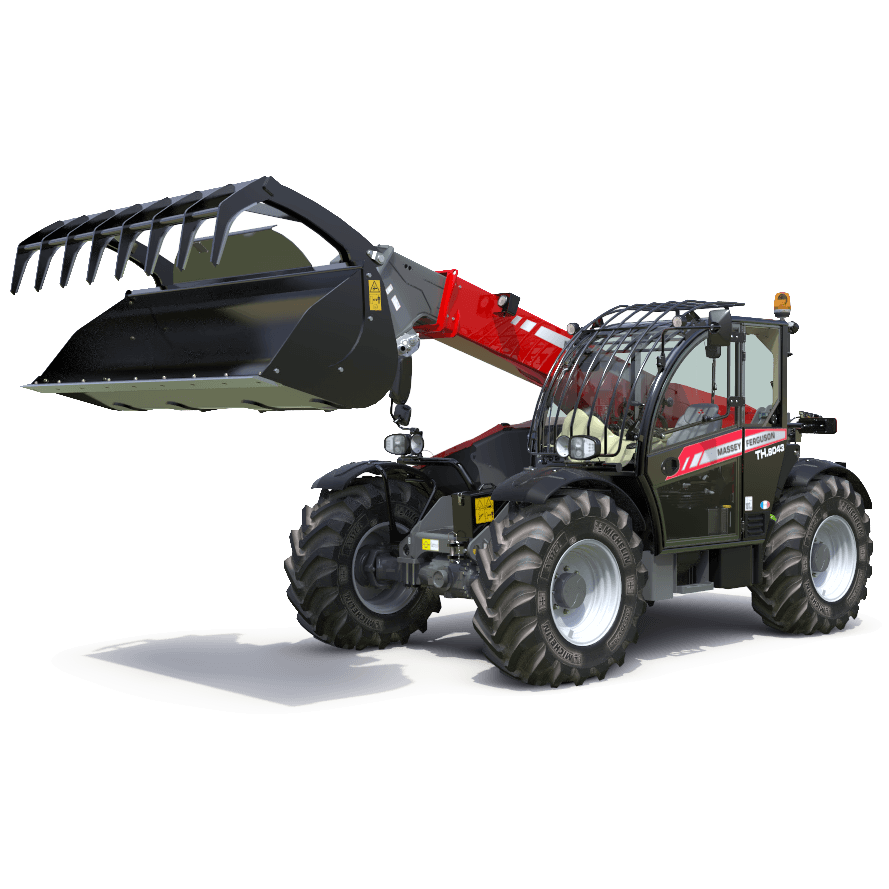
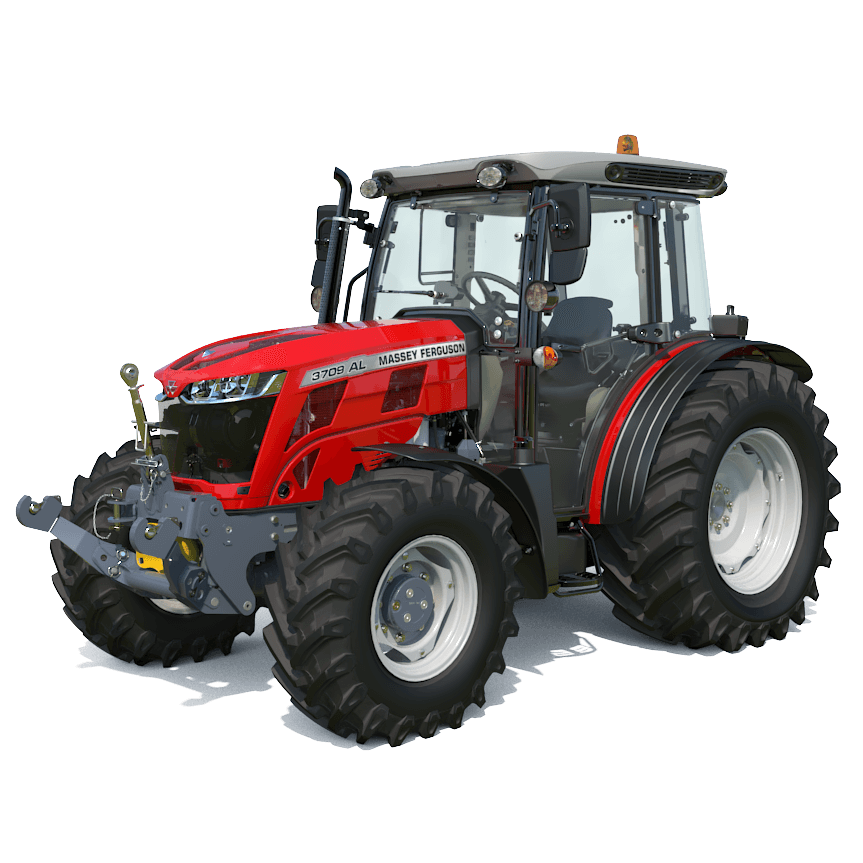
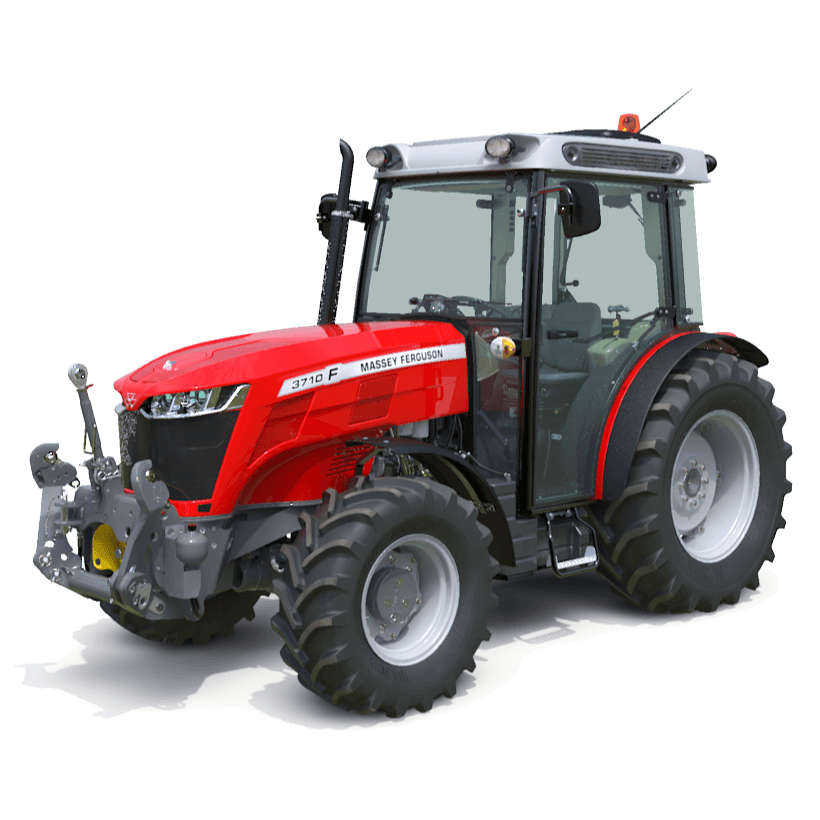
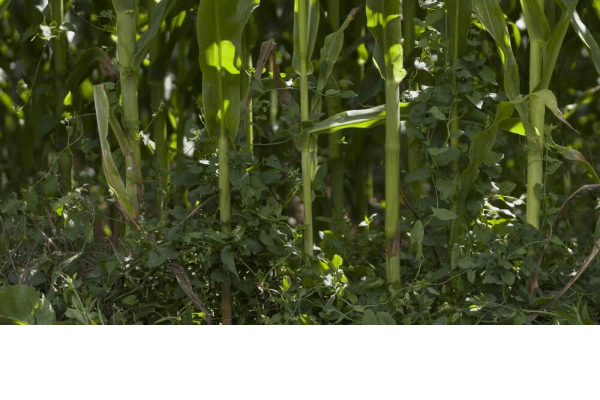
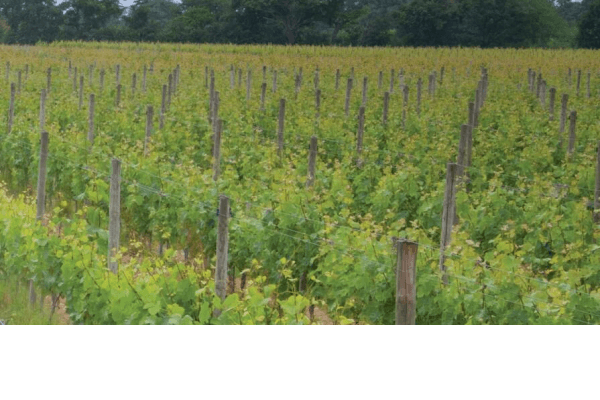
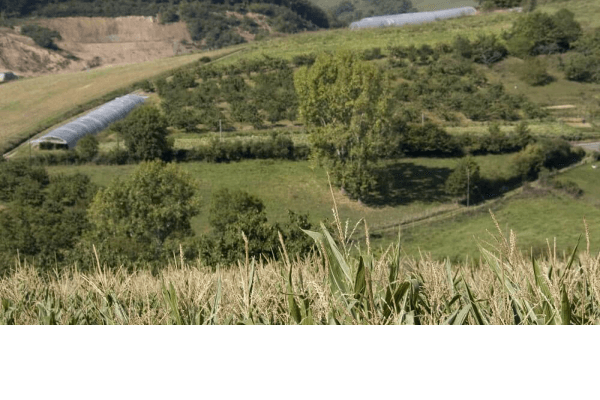
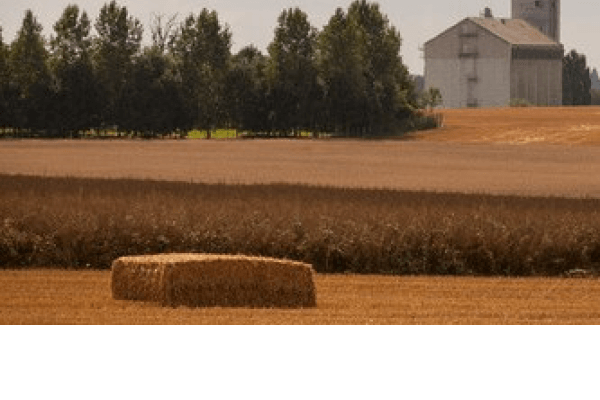

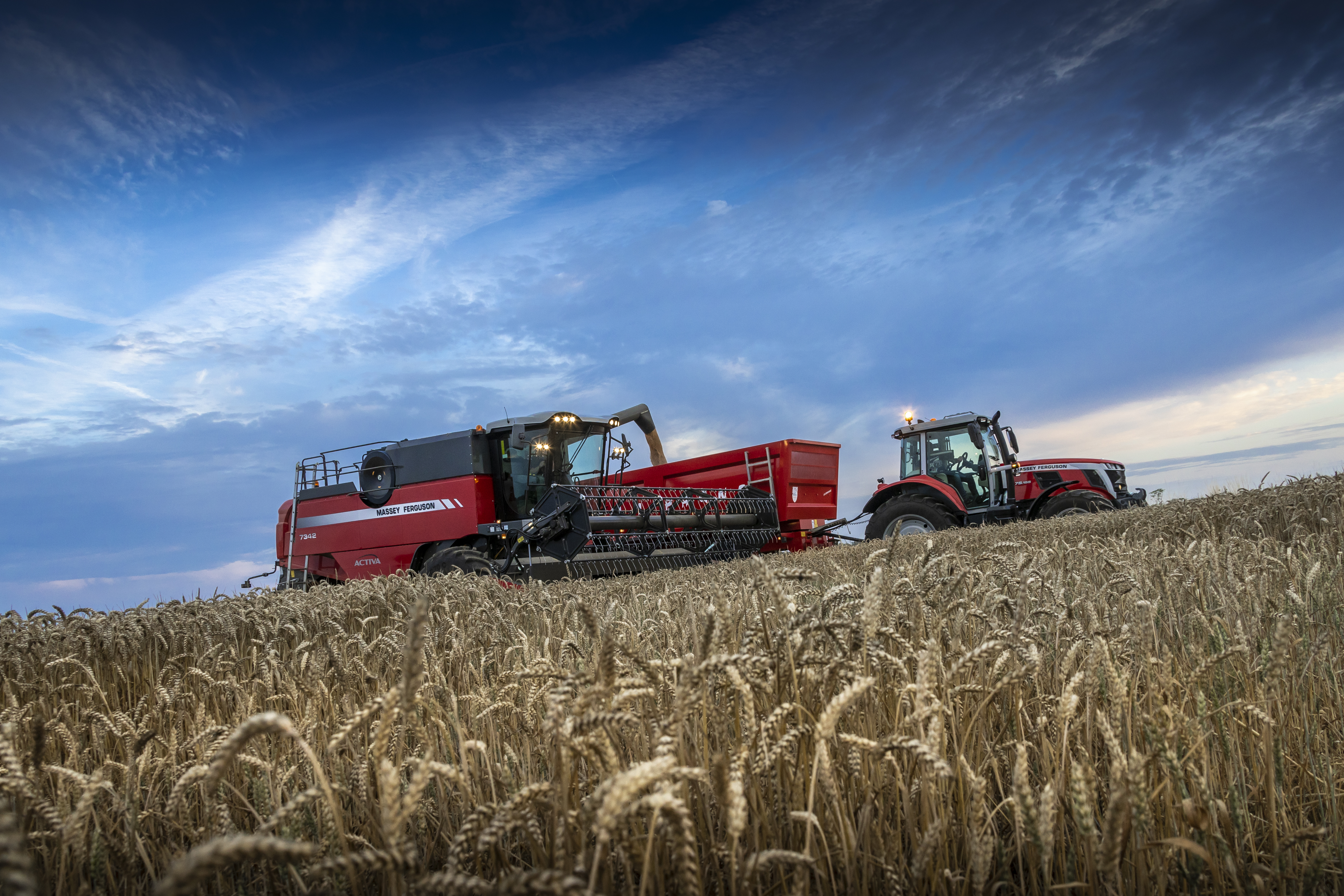
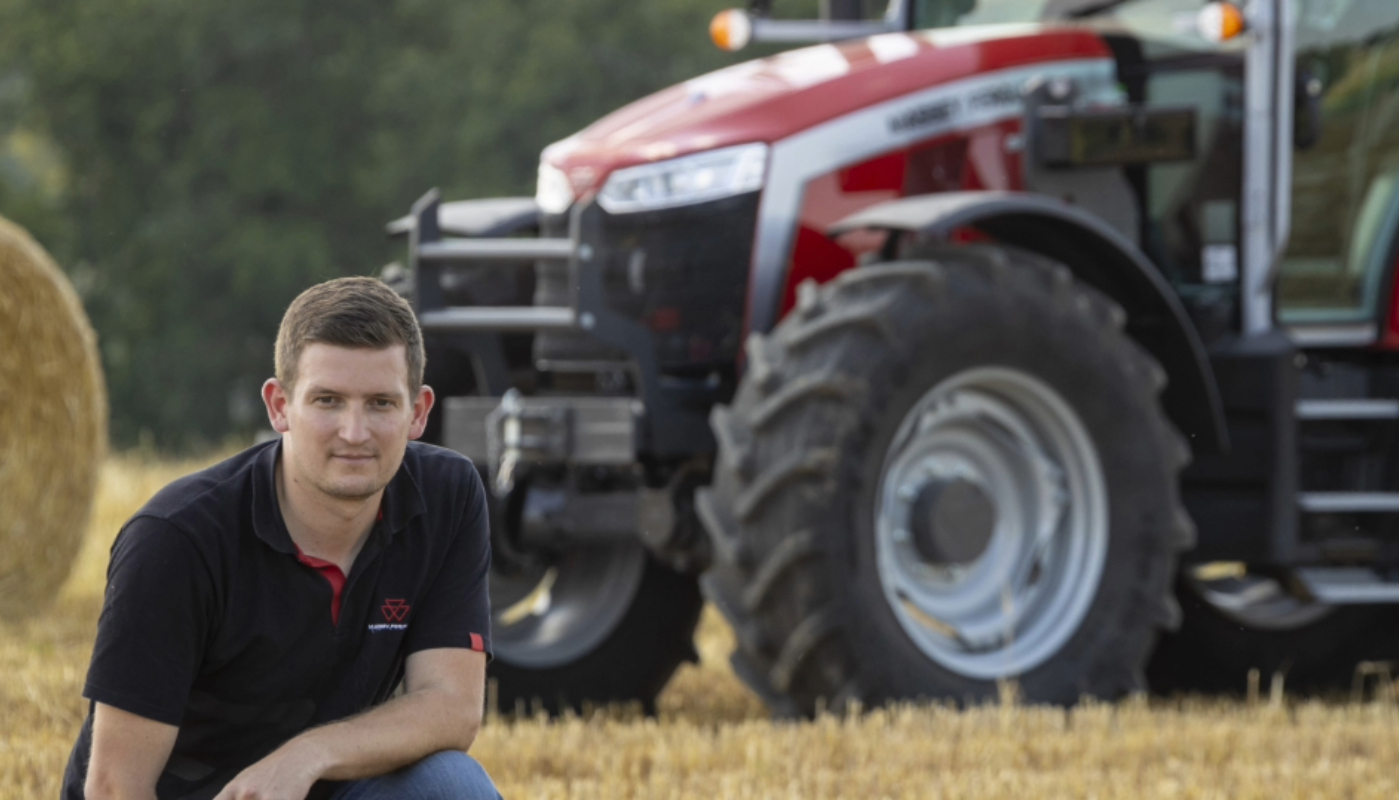

Share